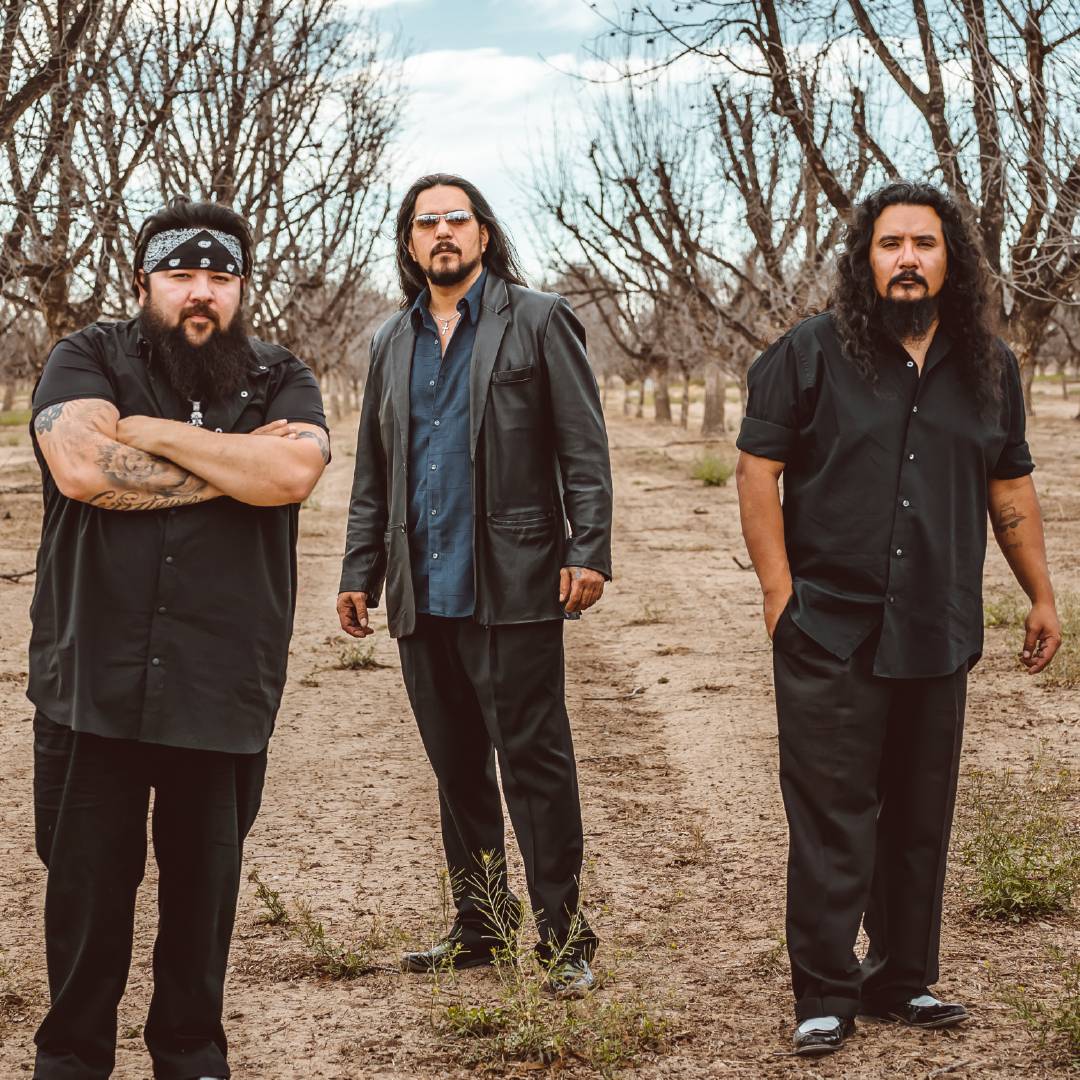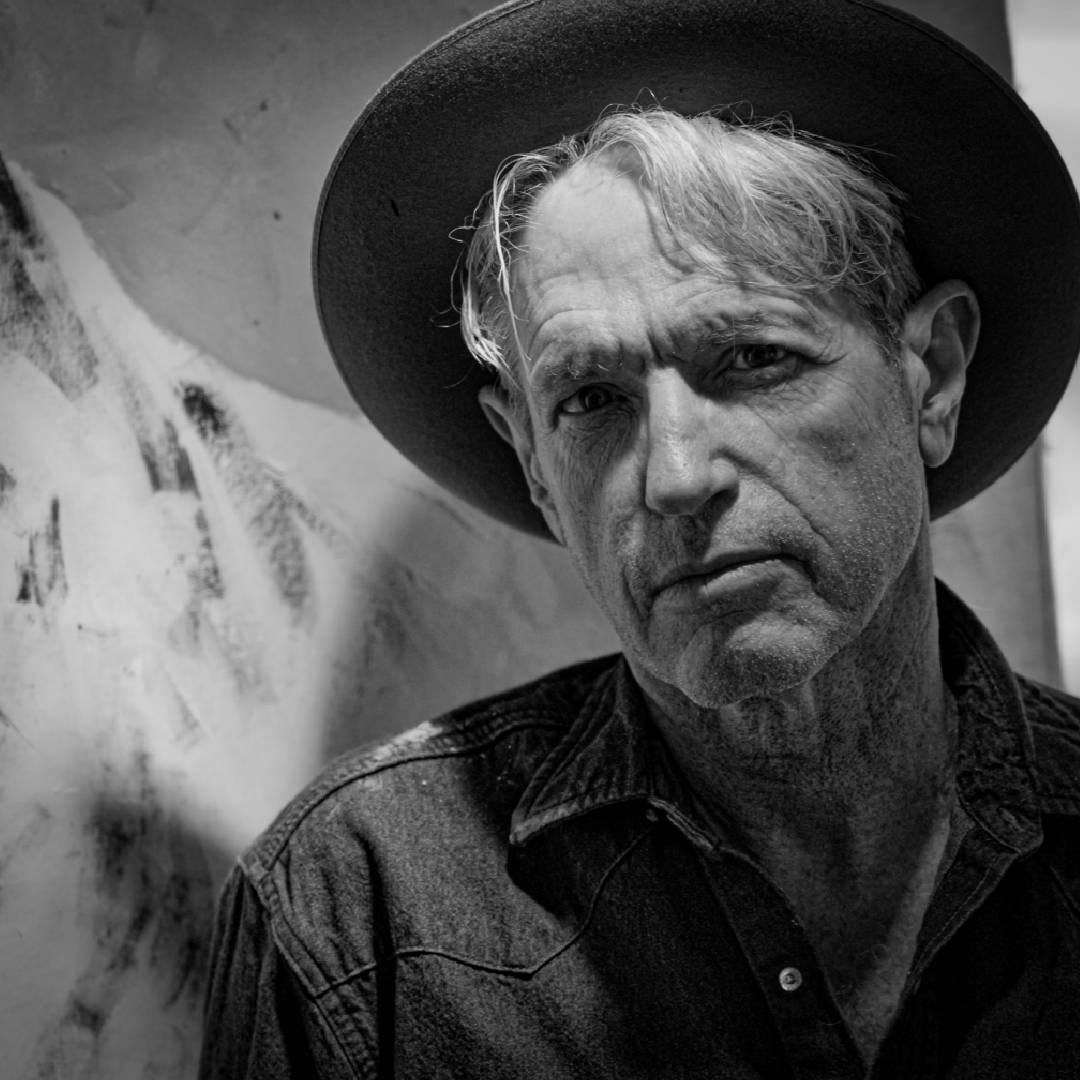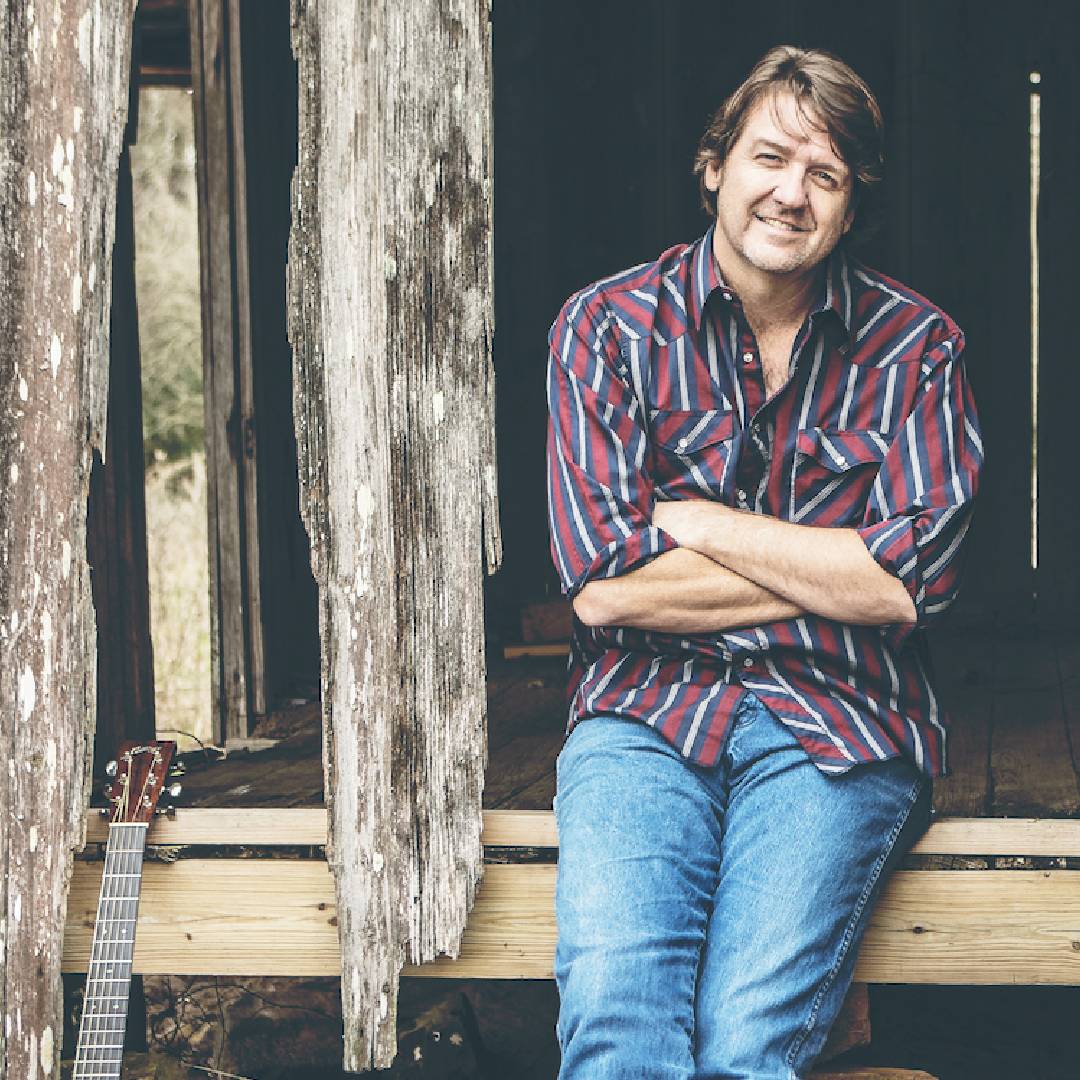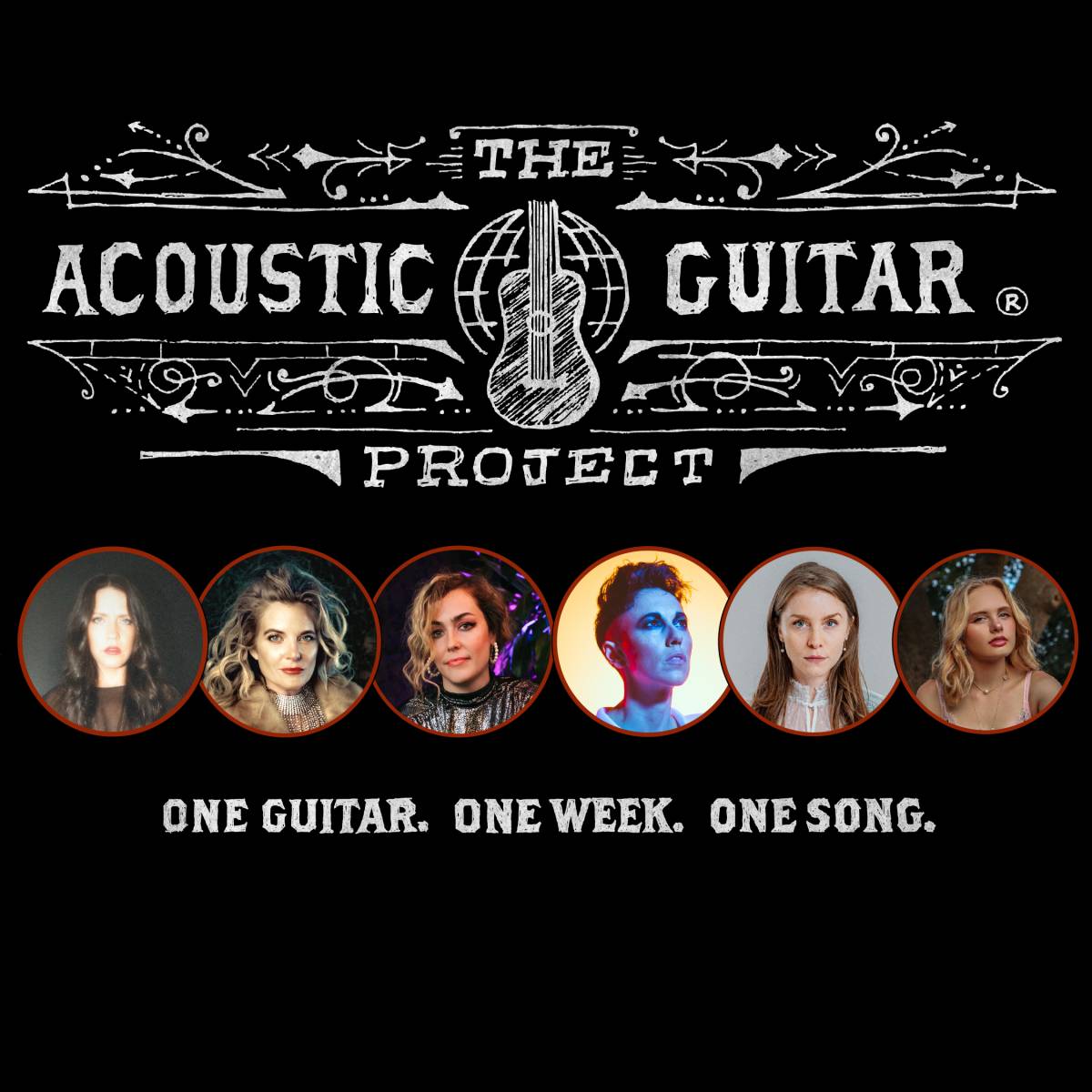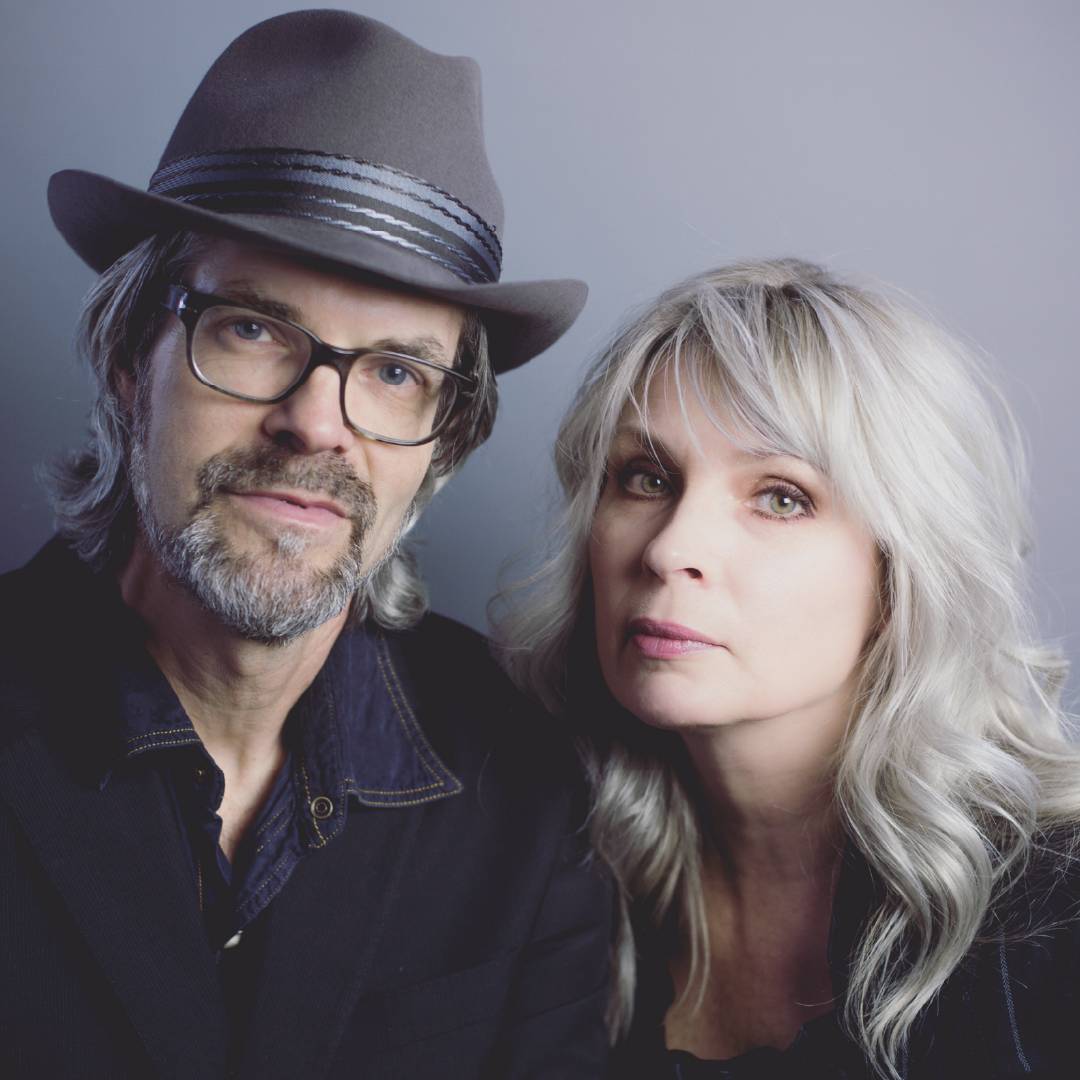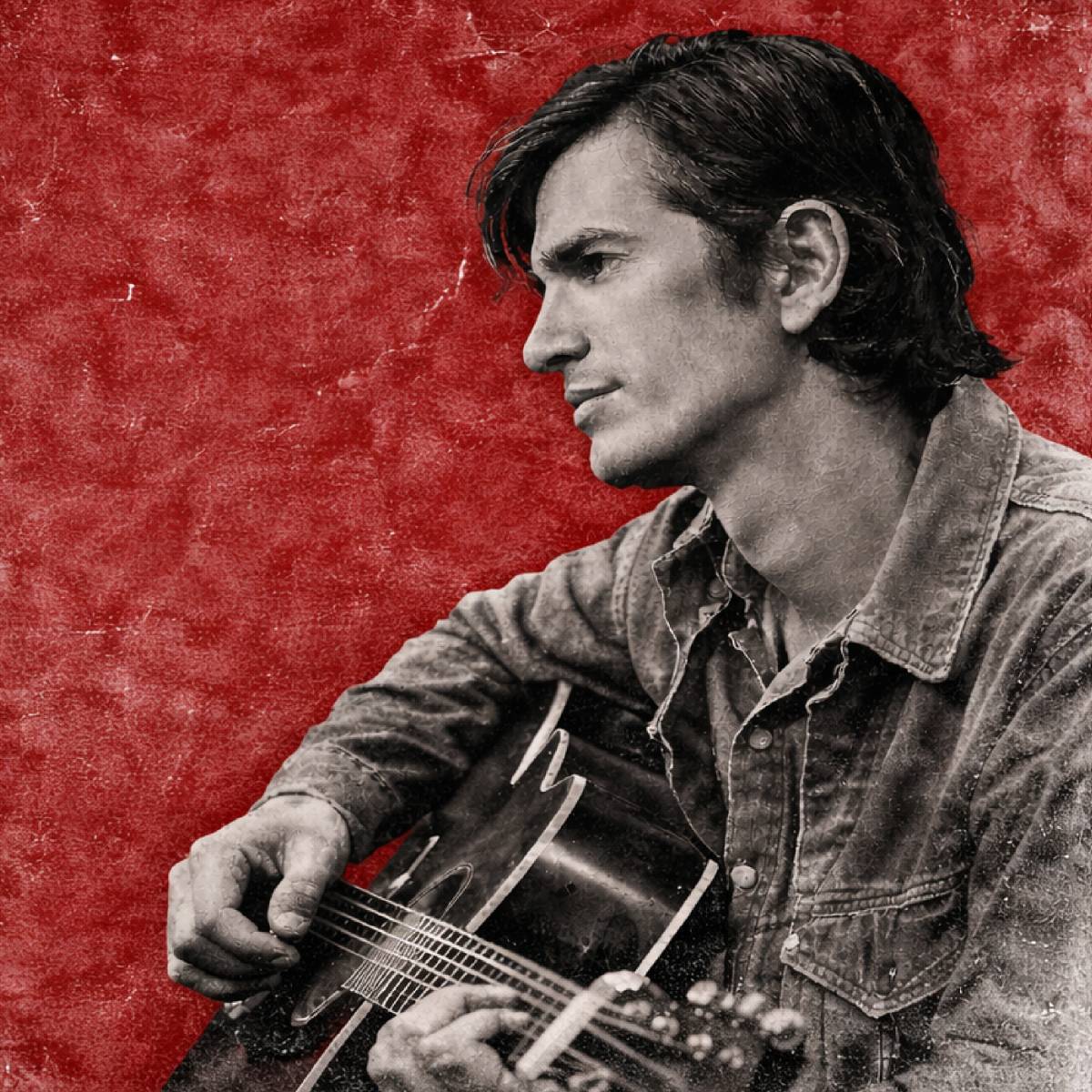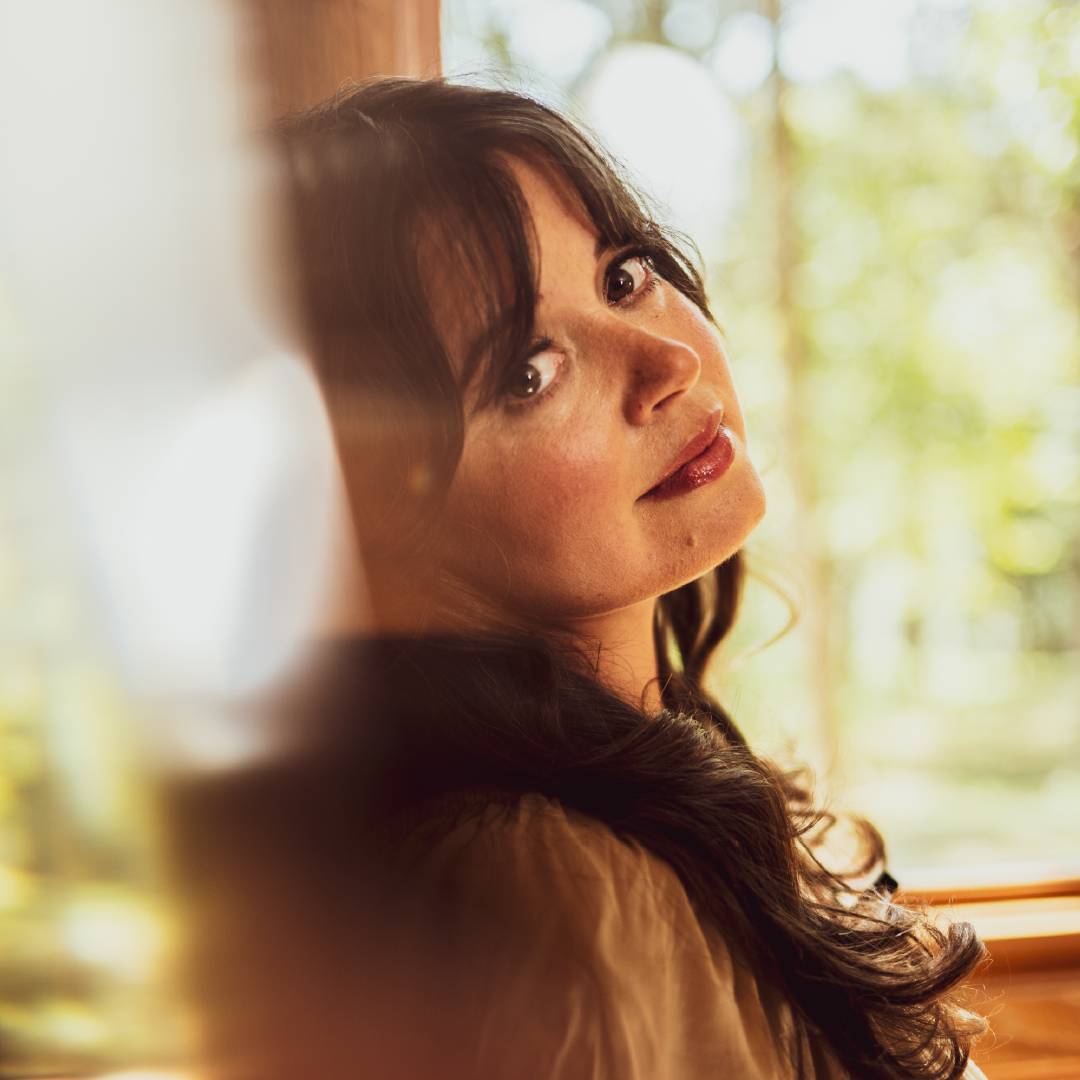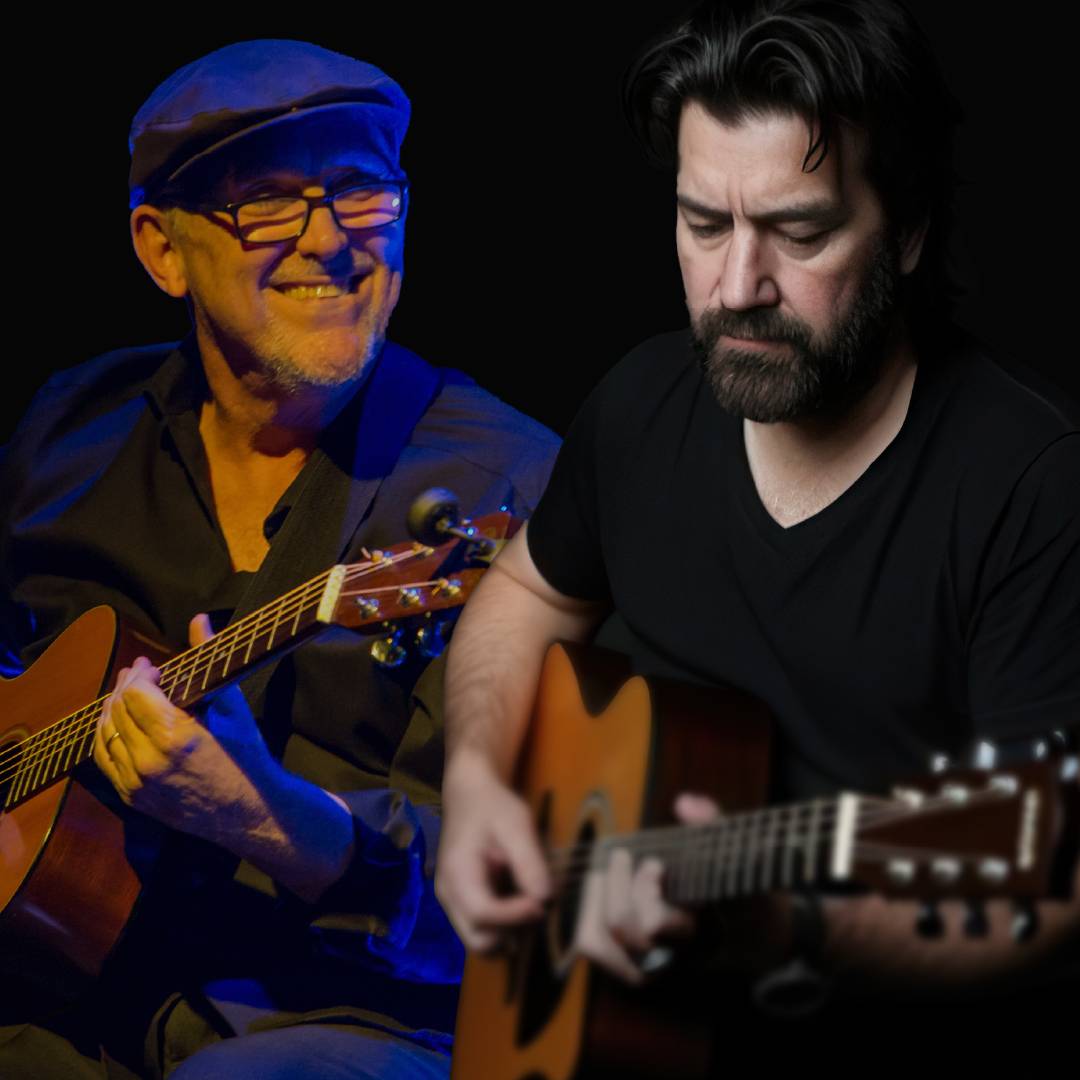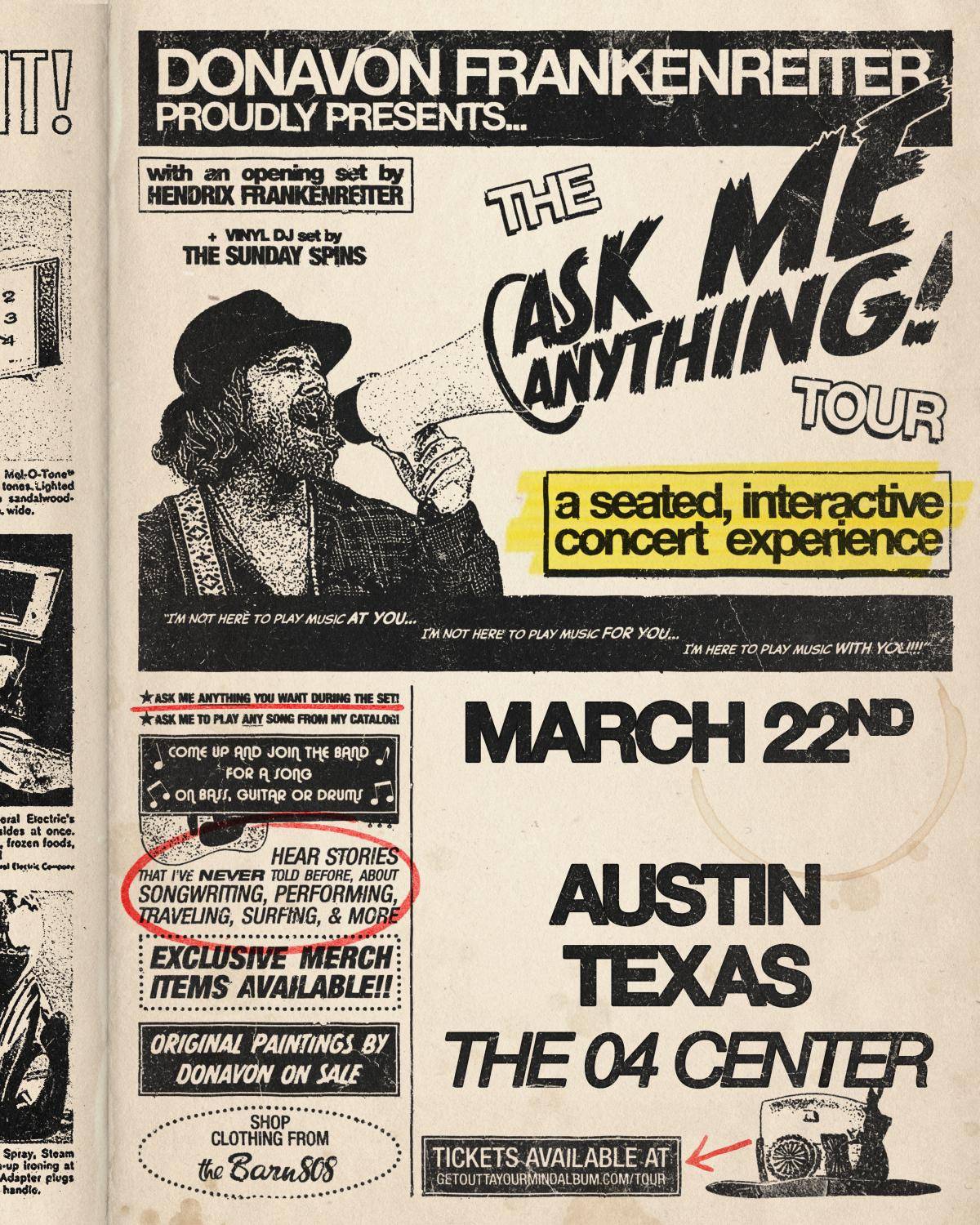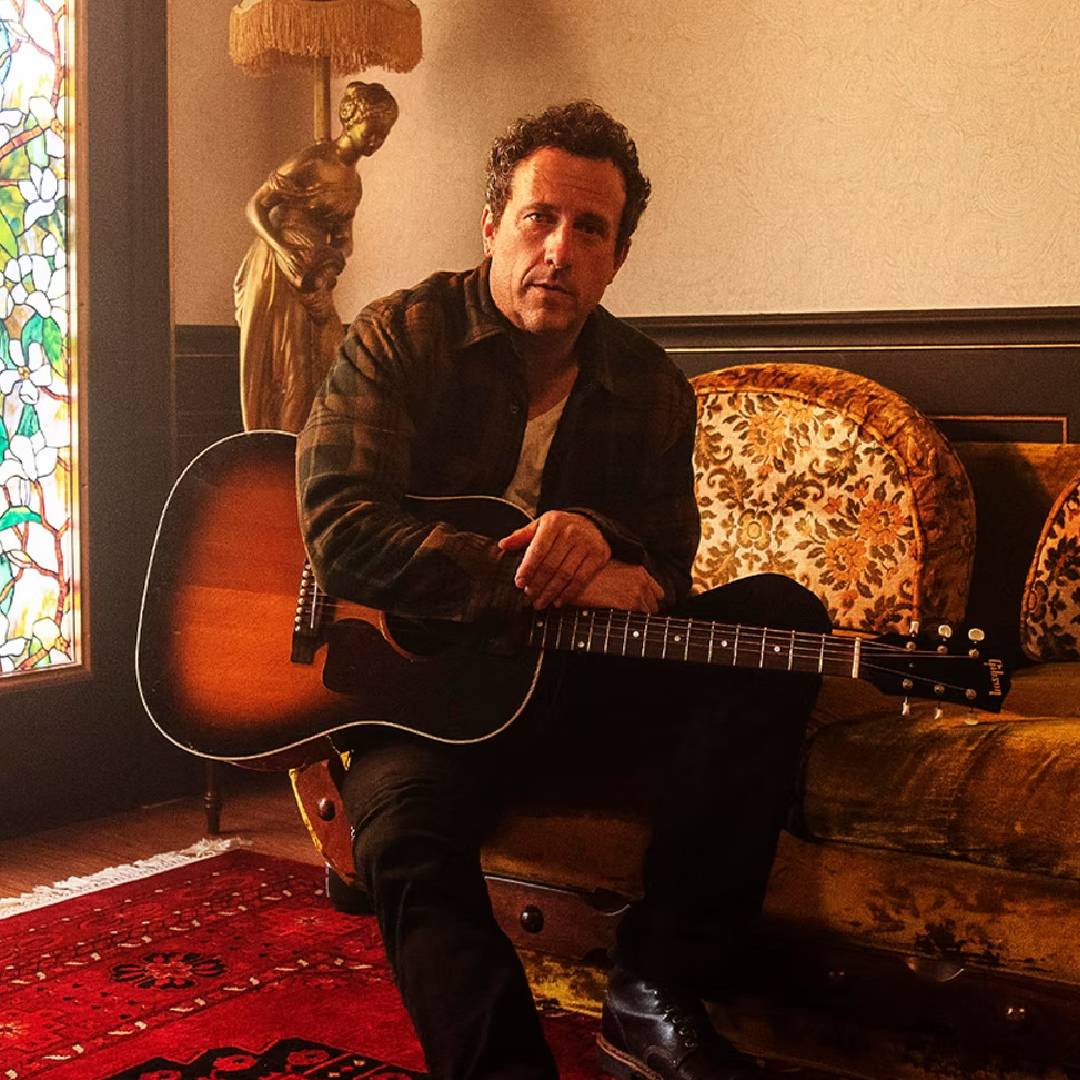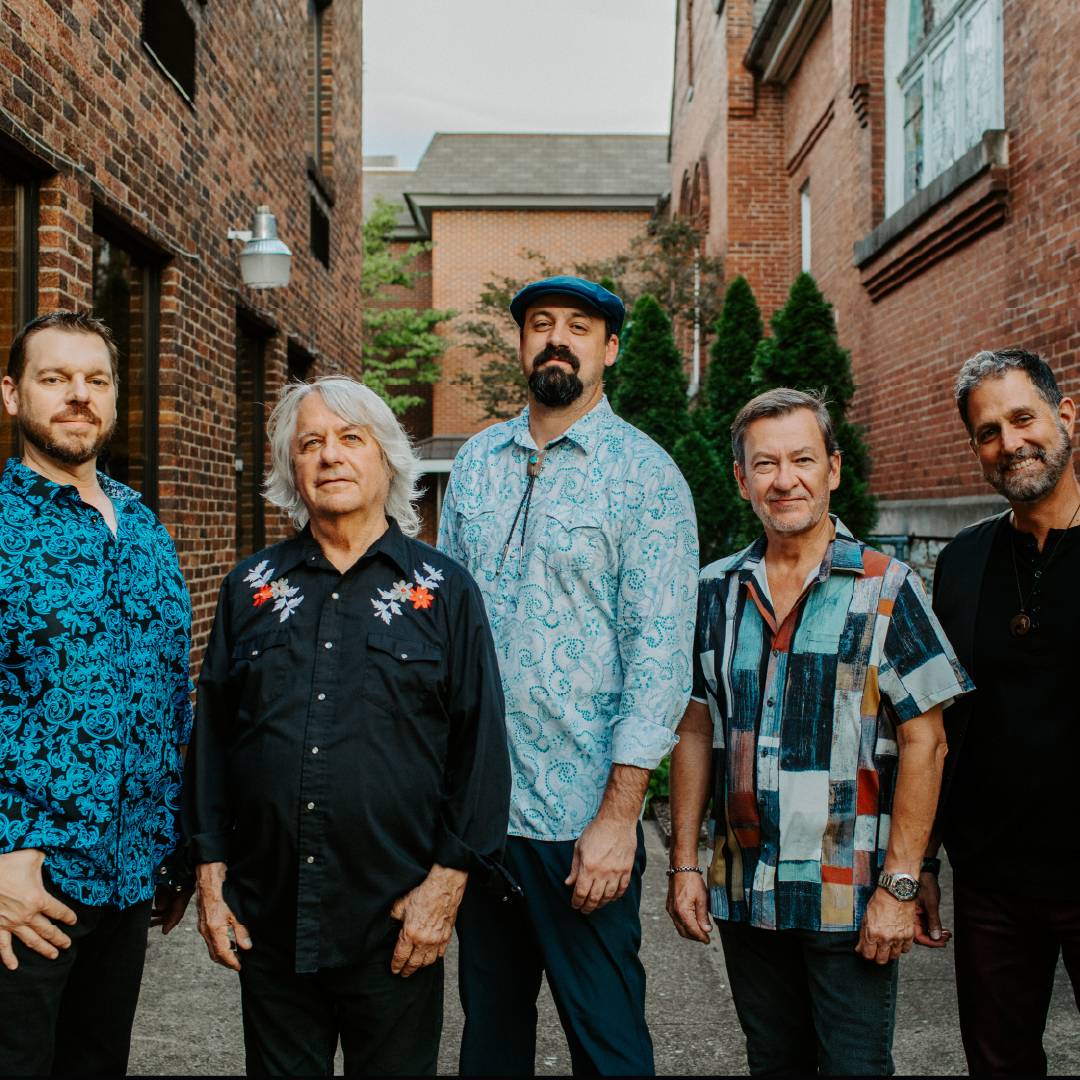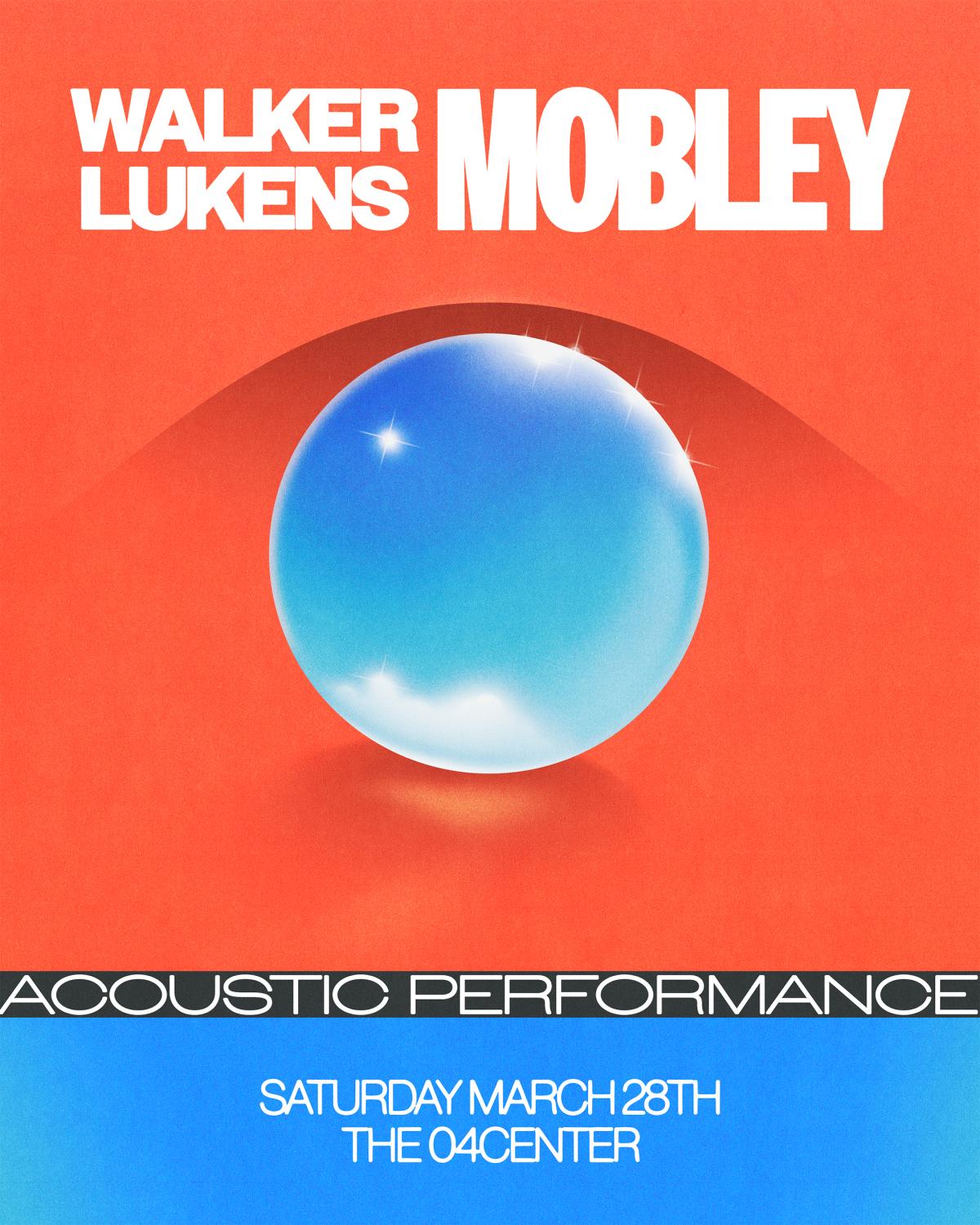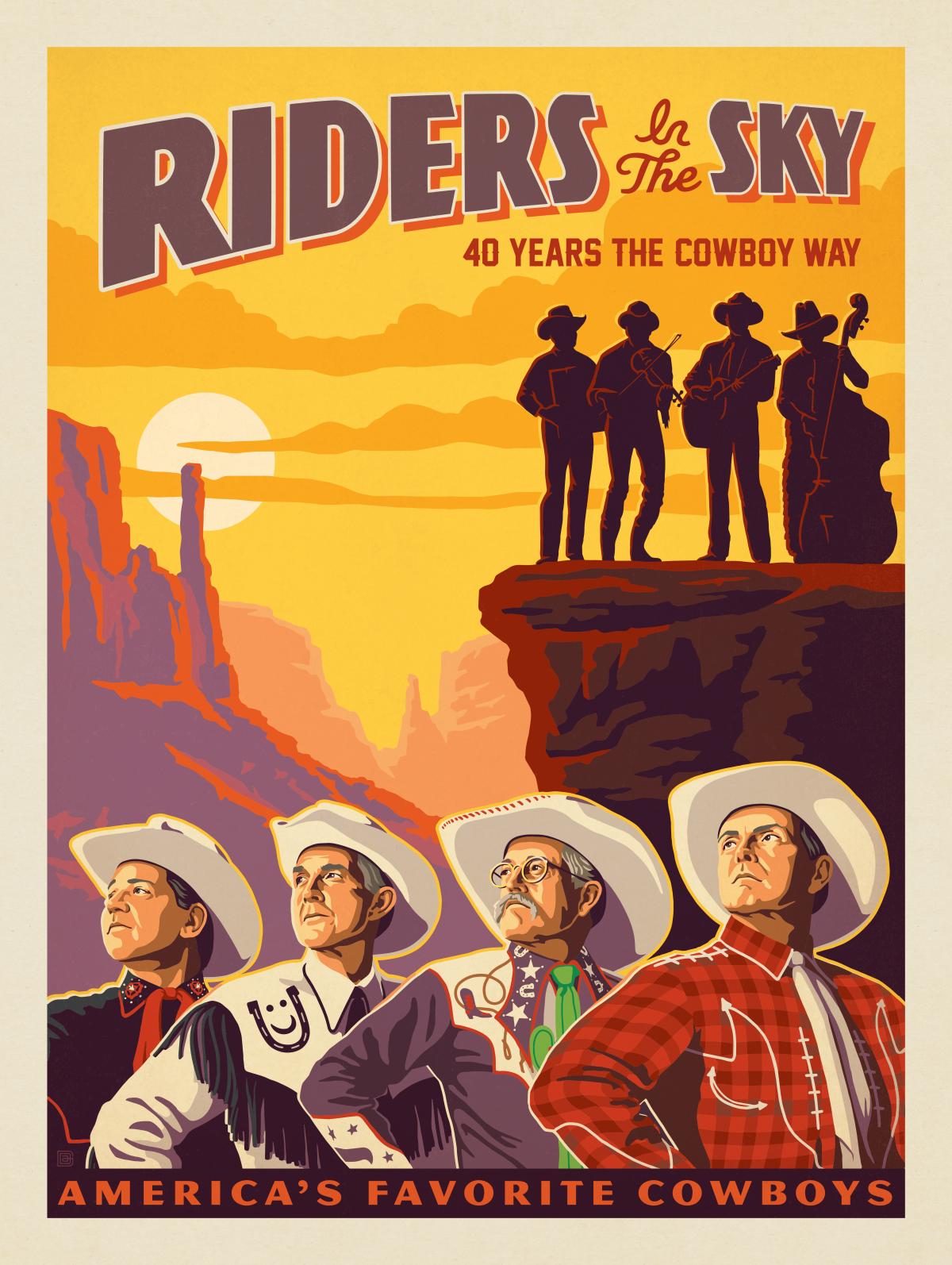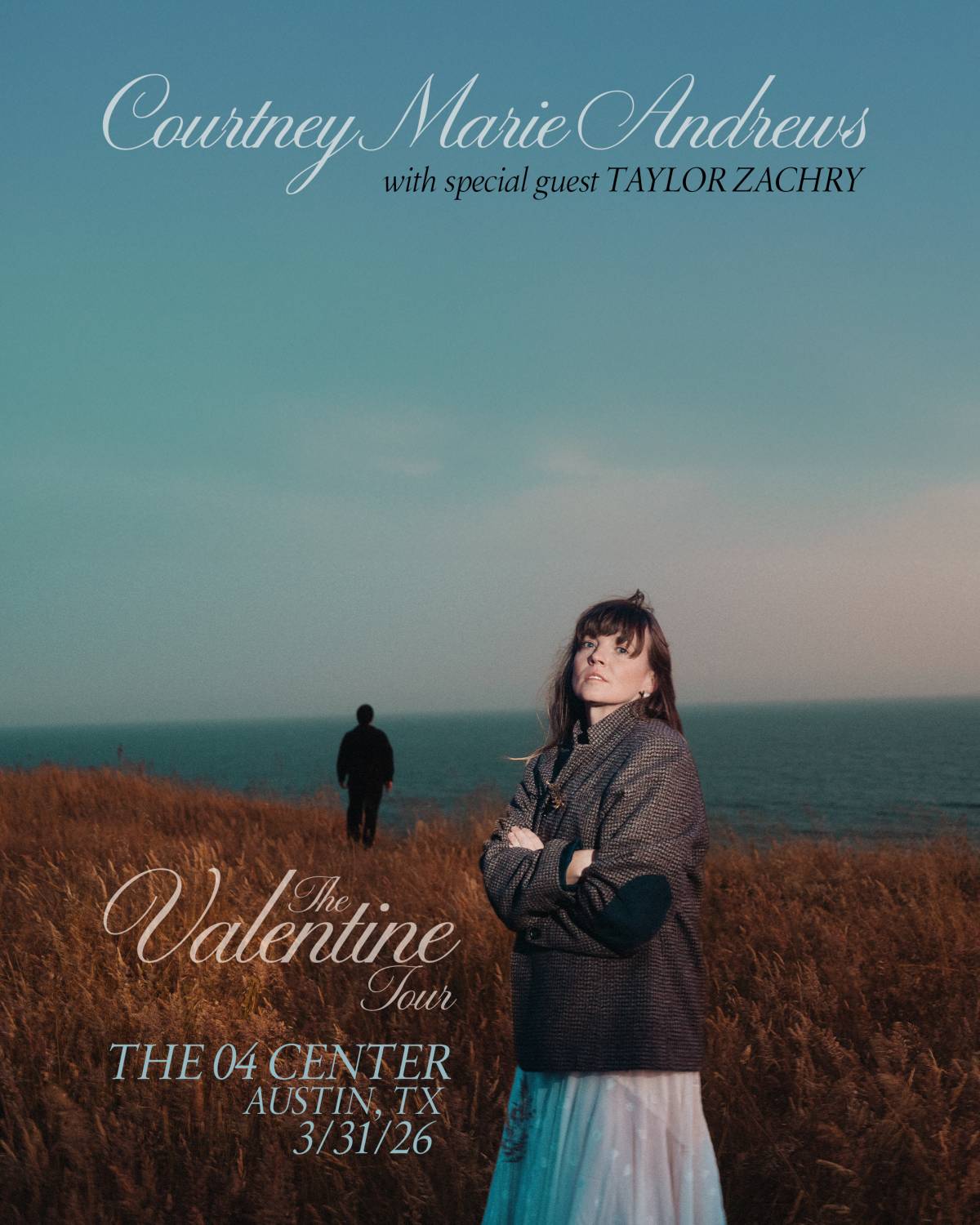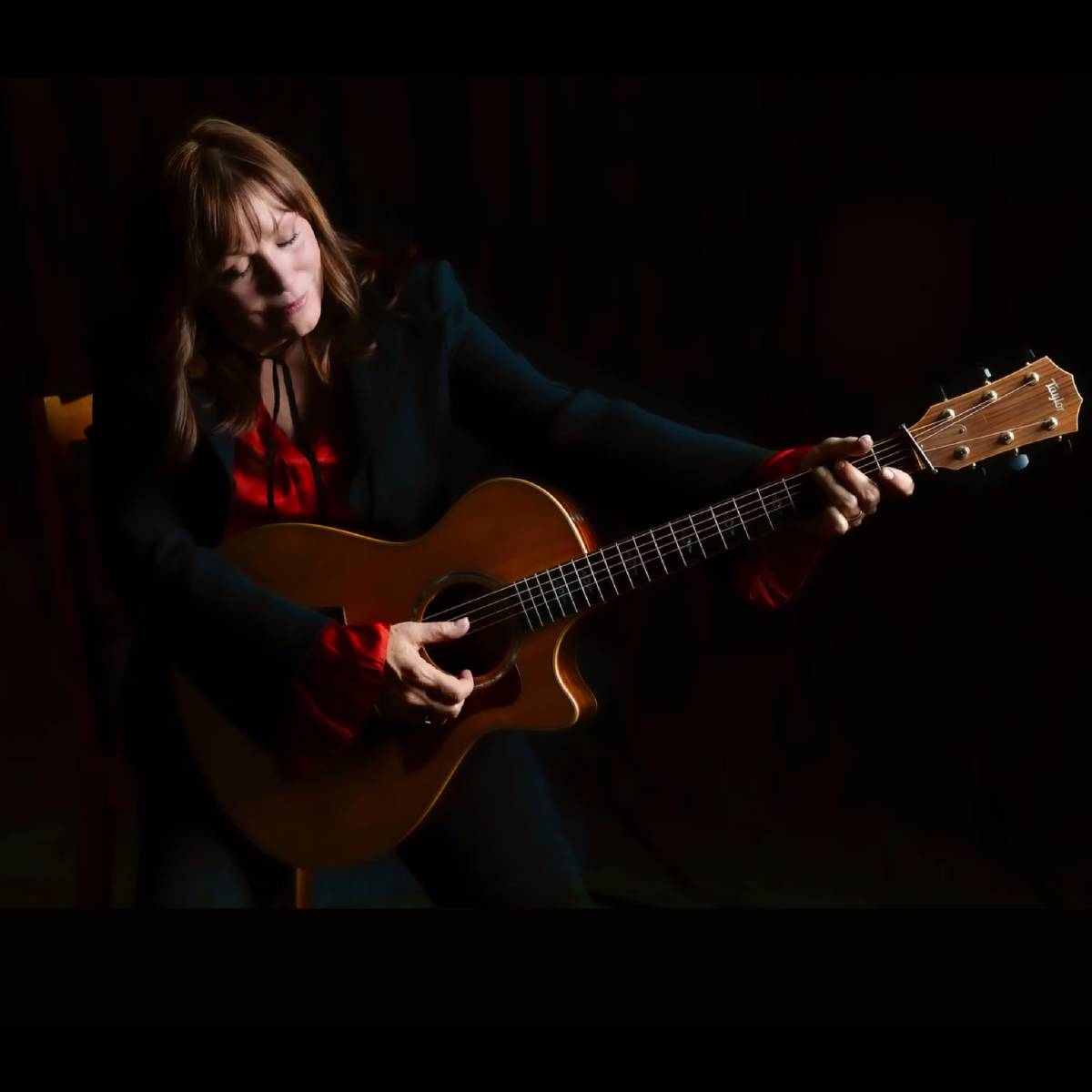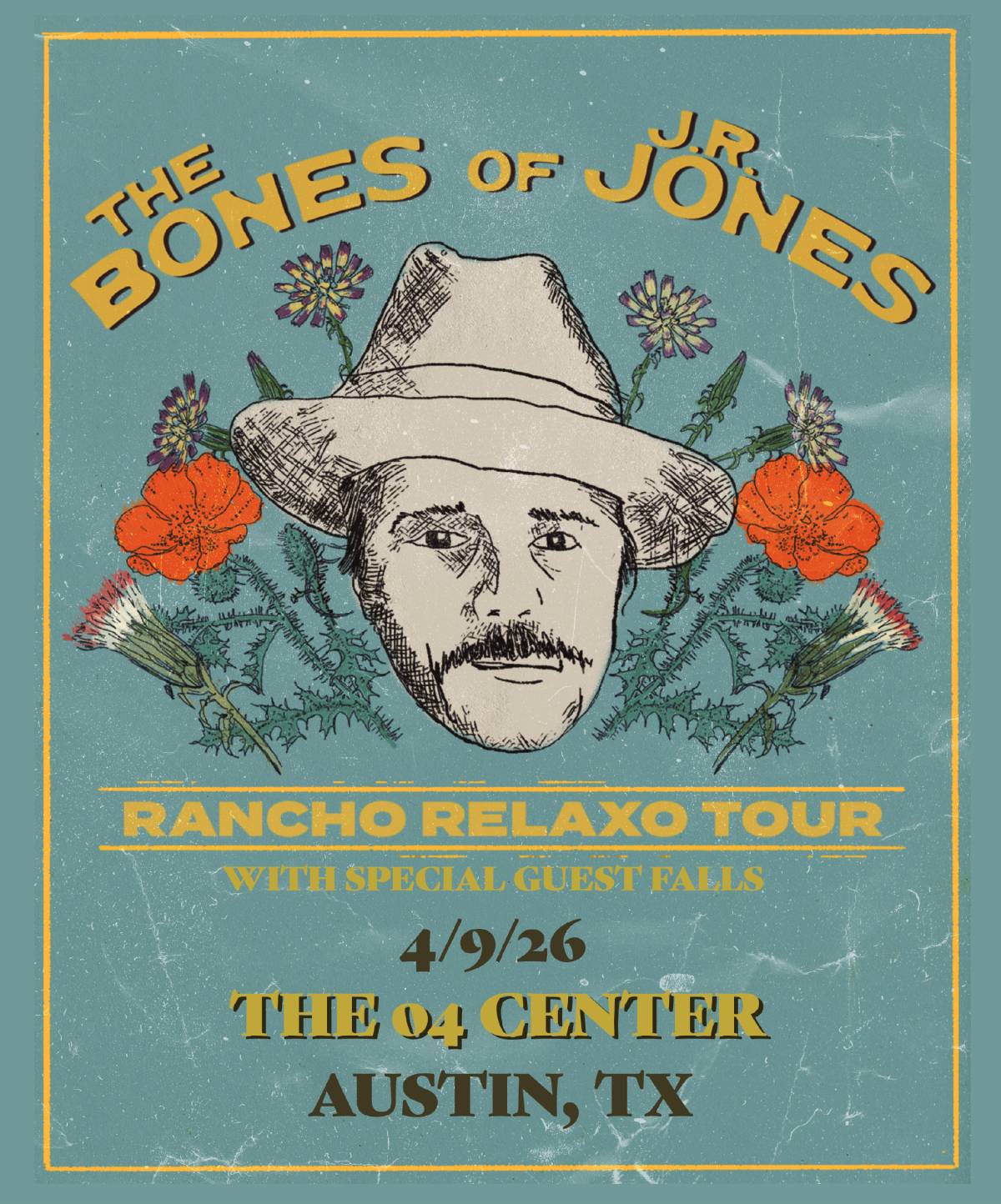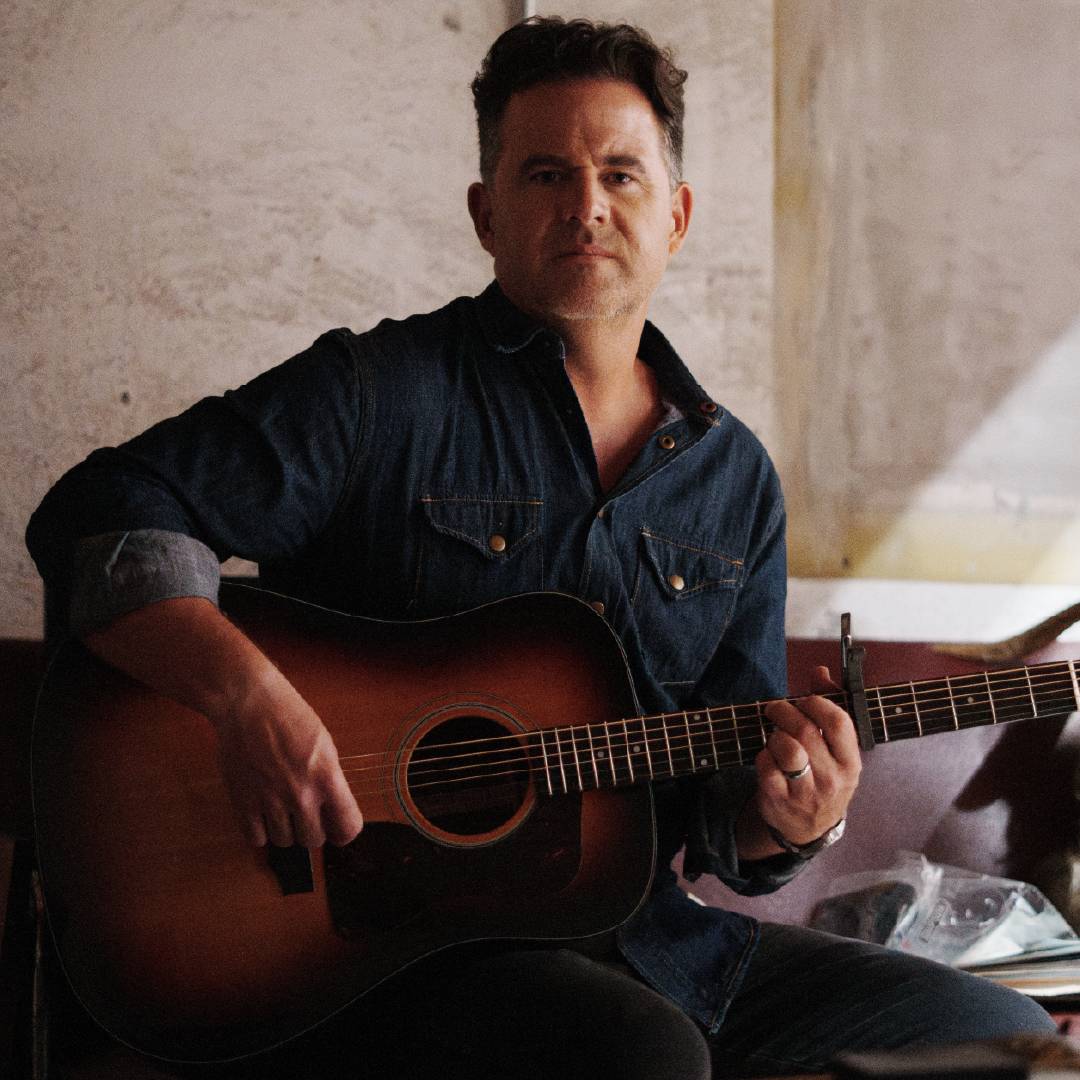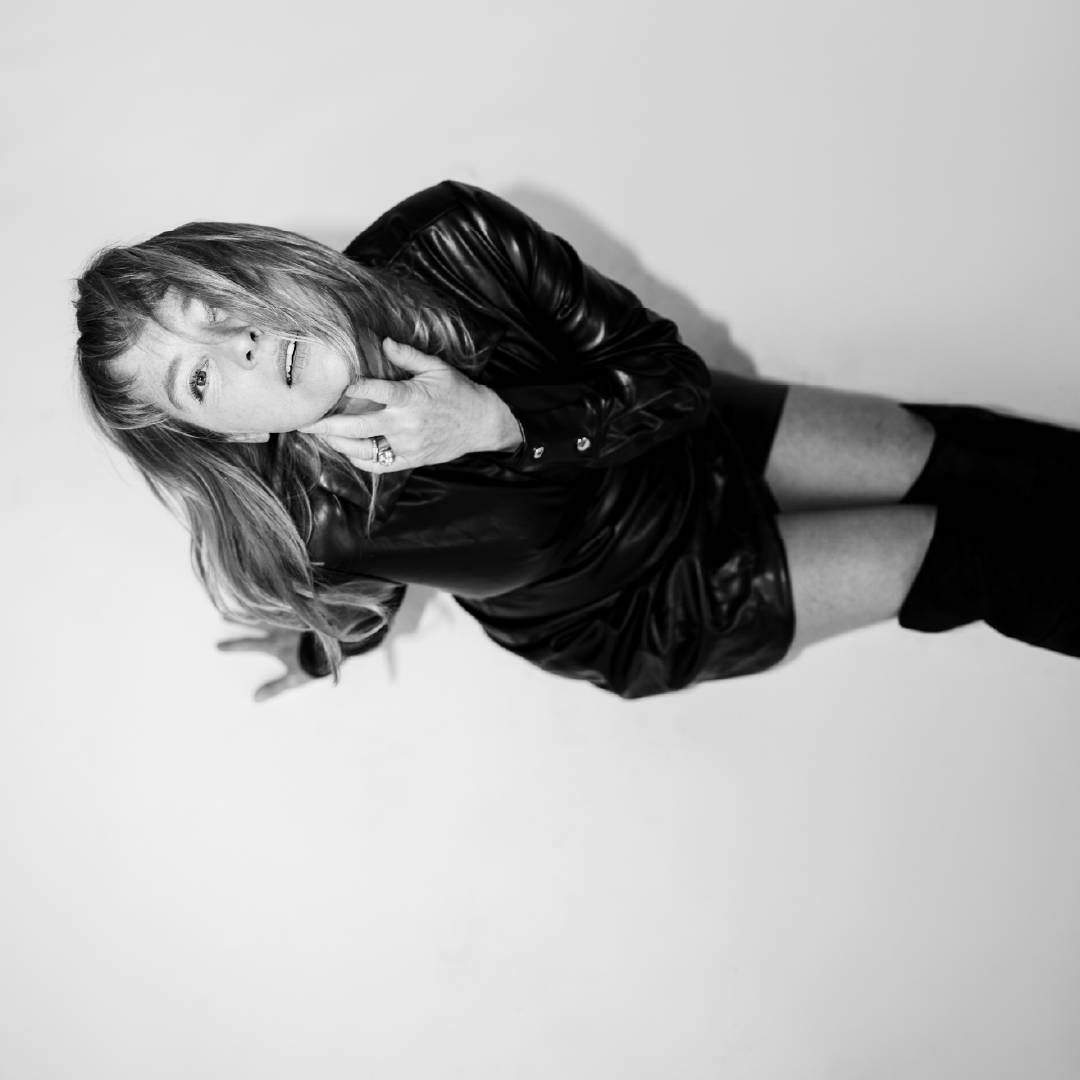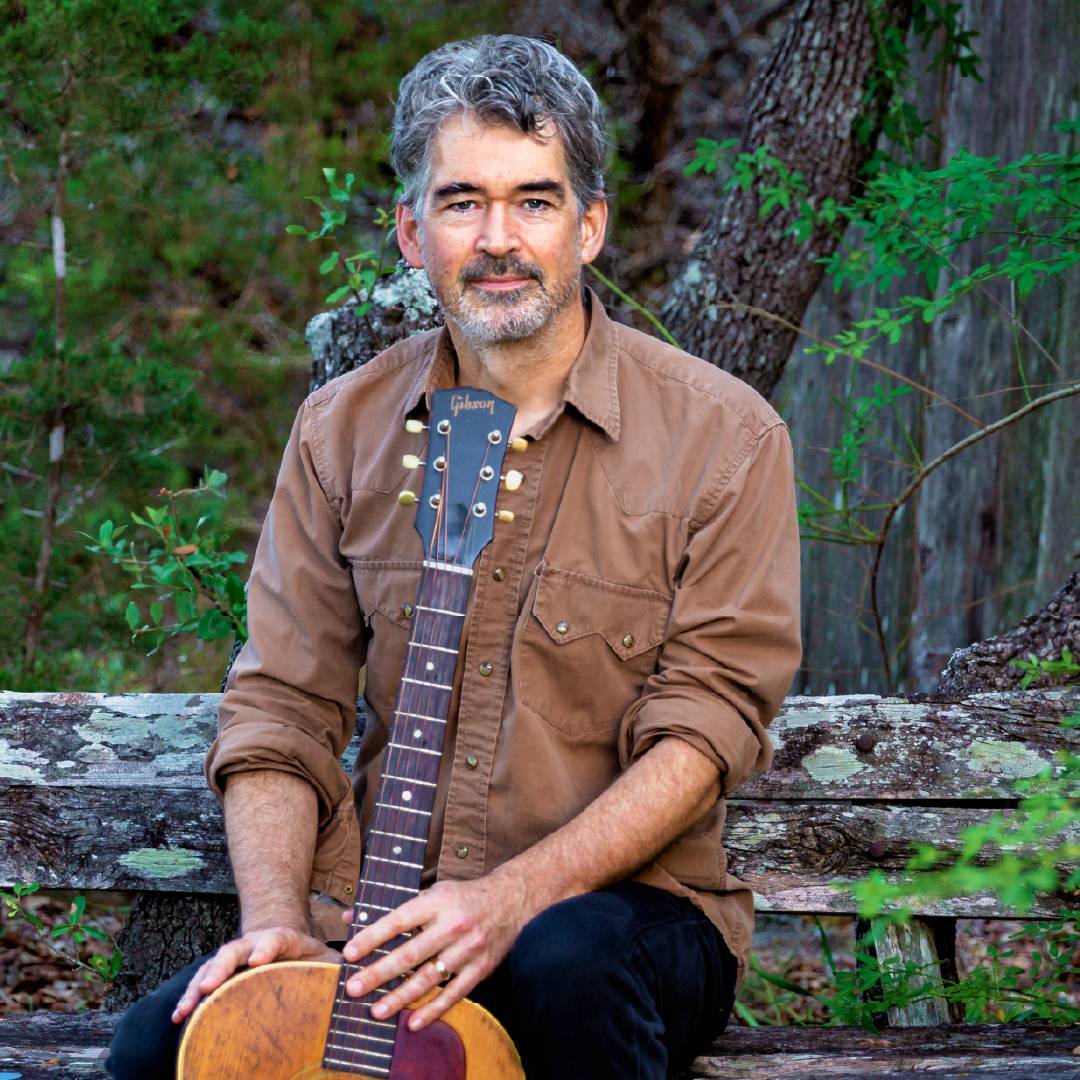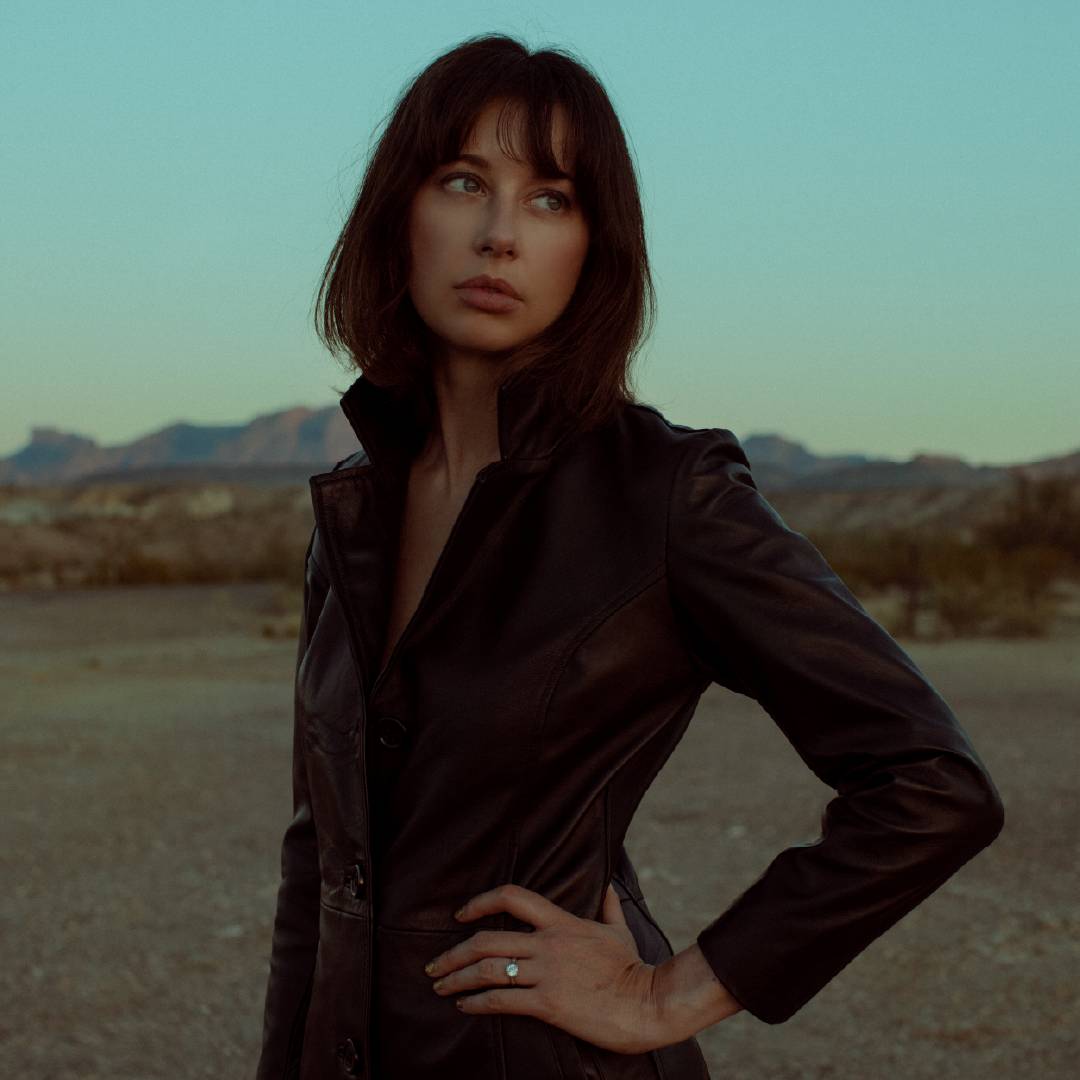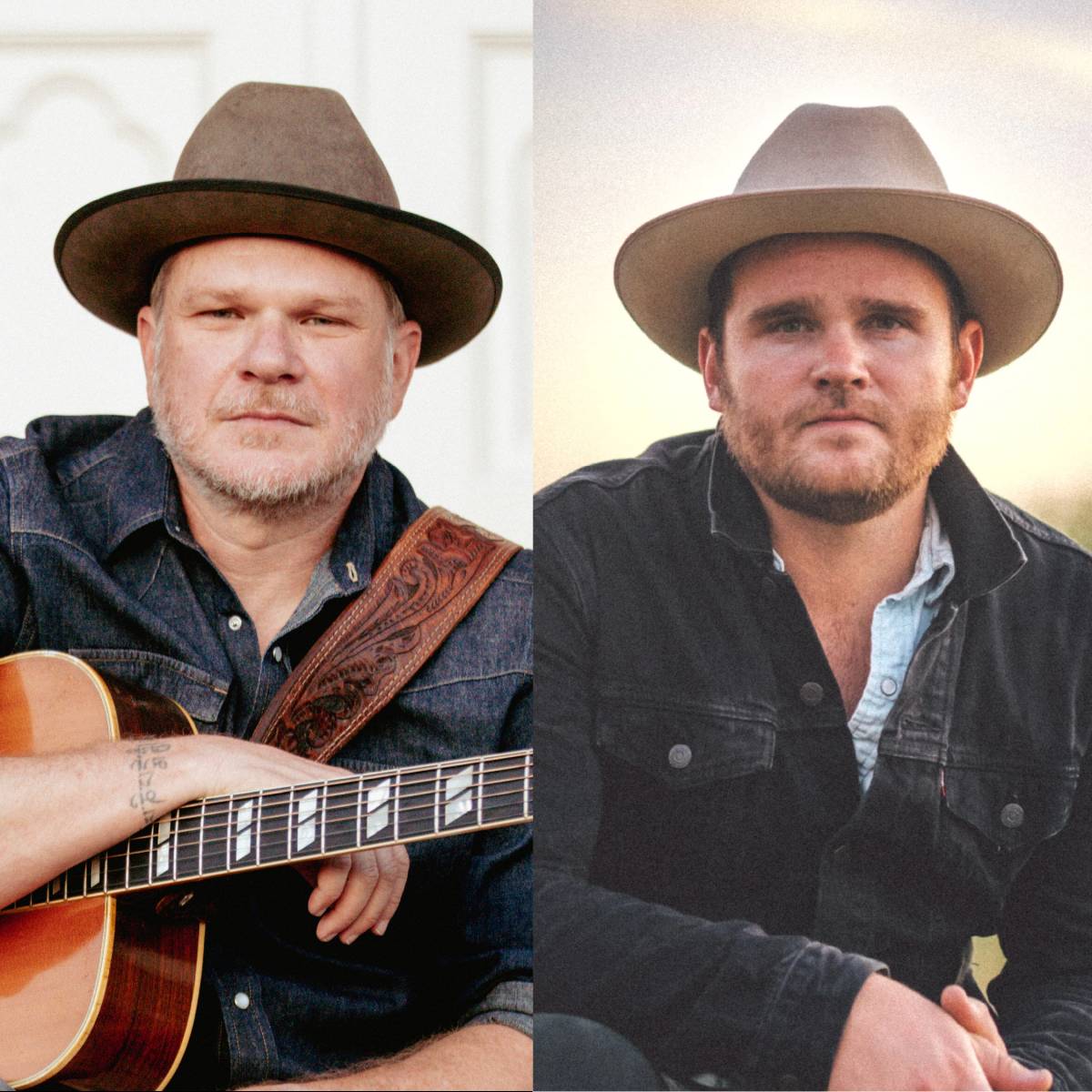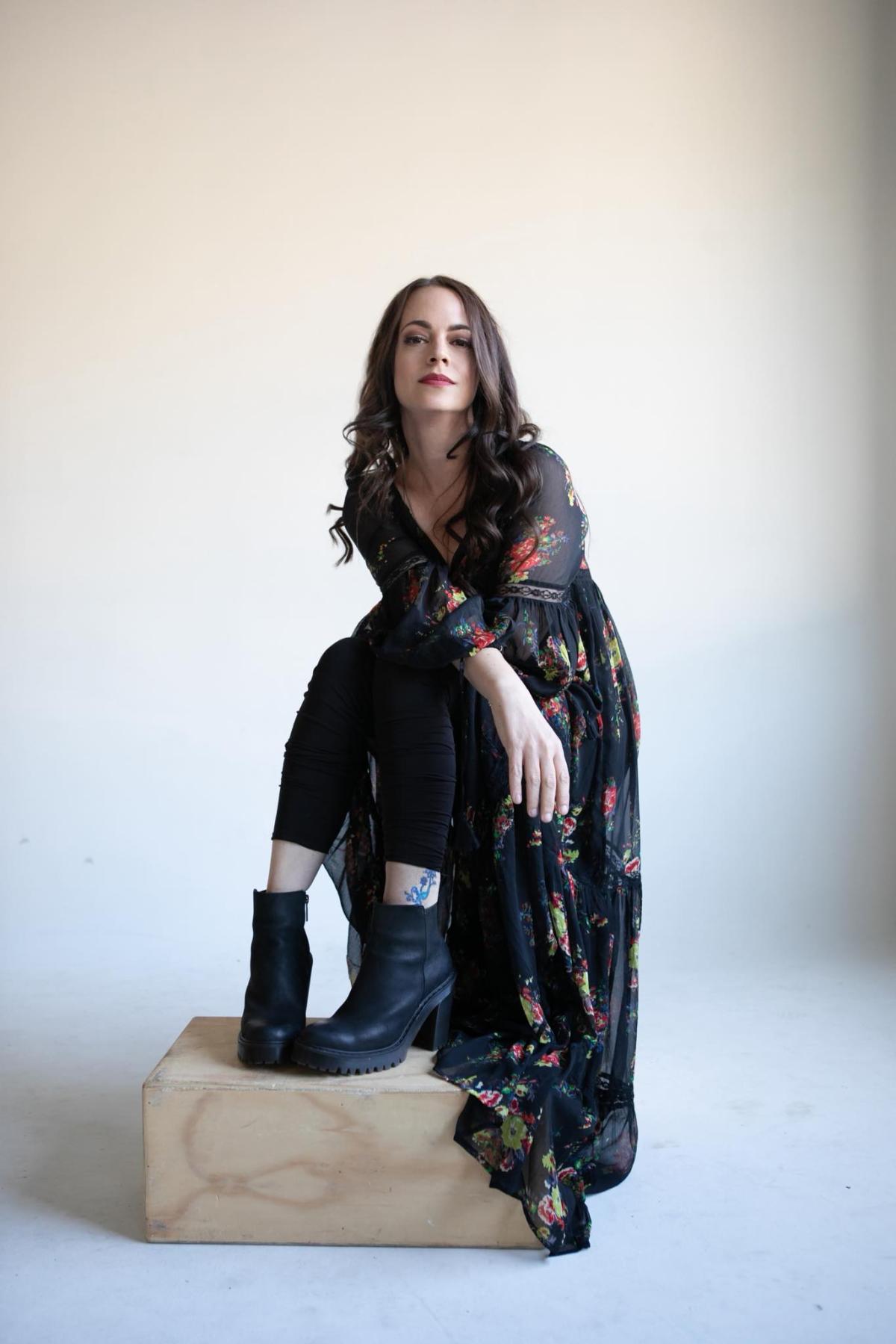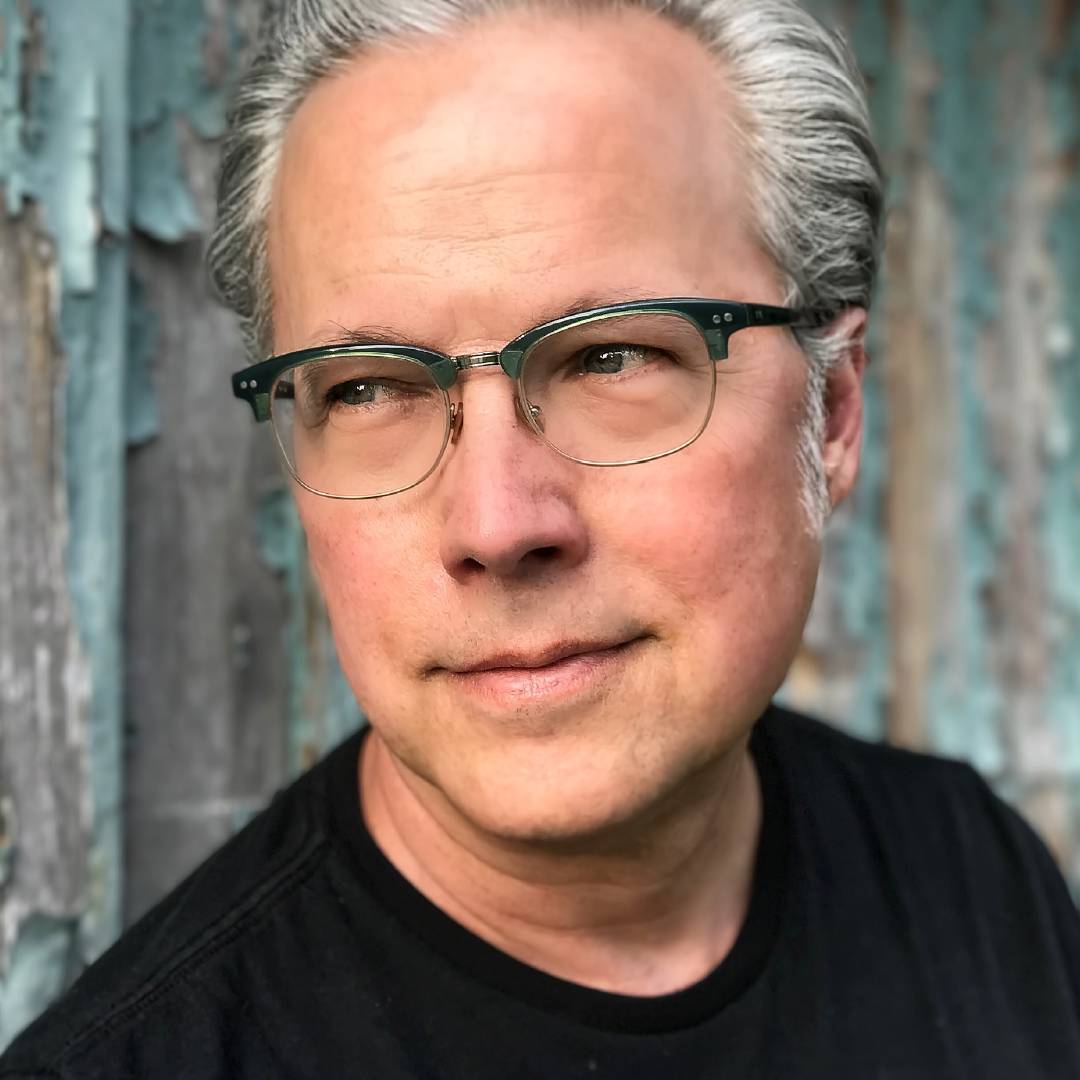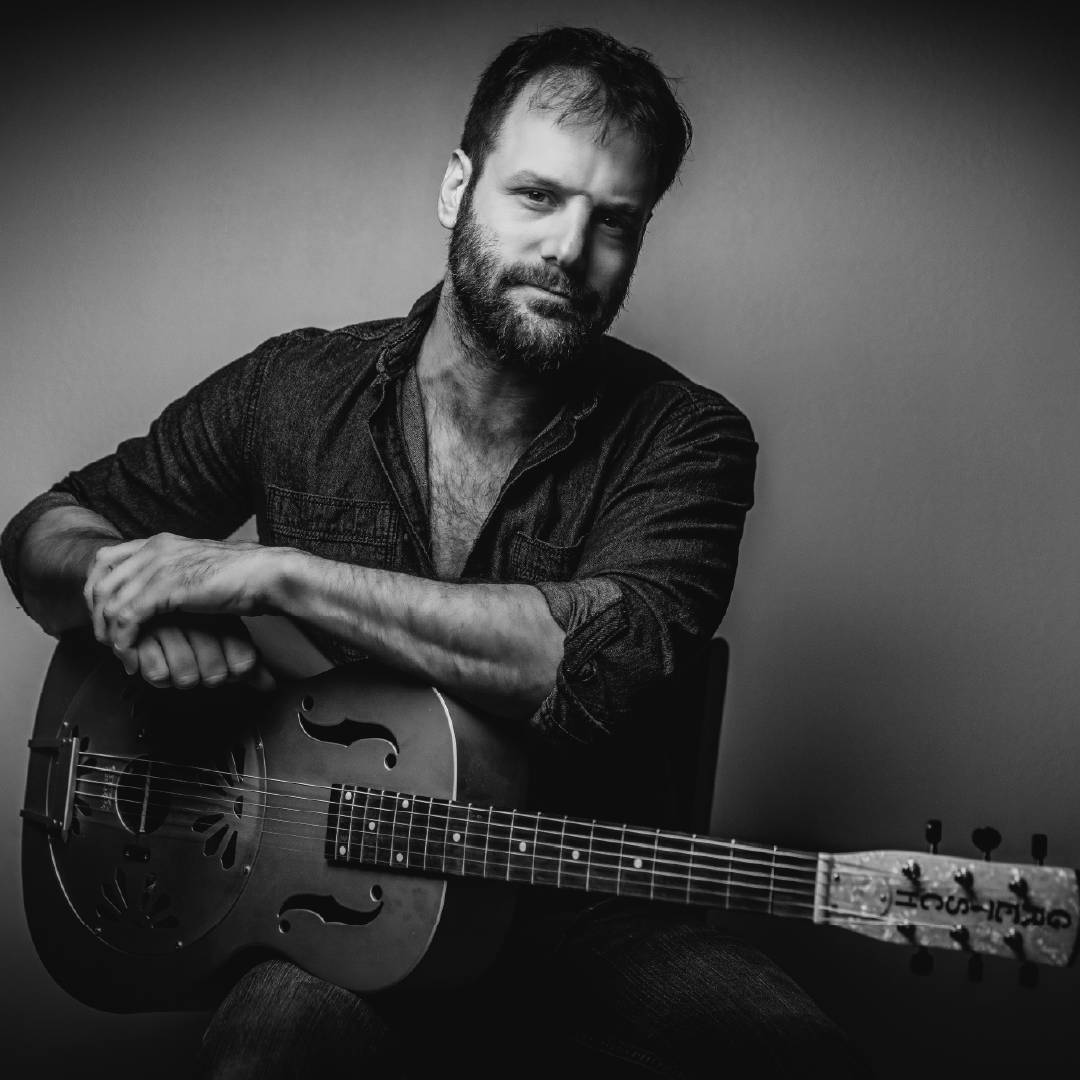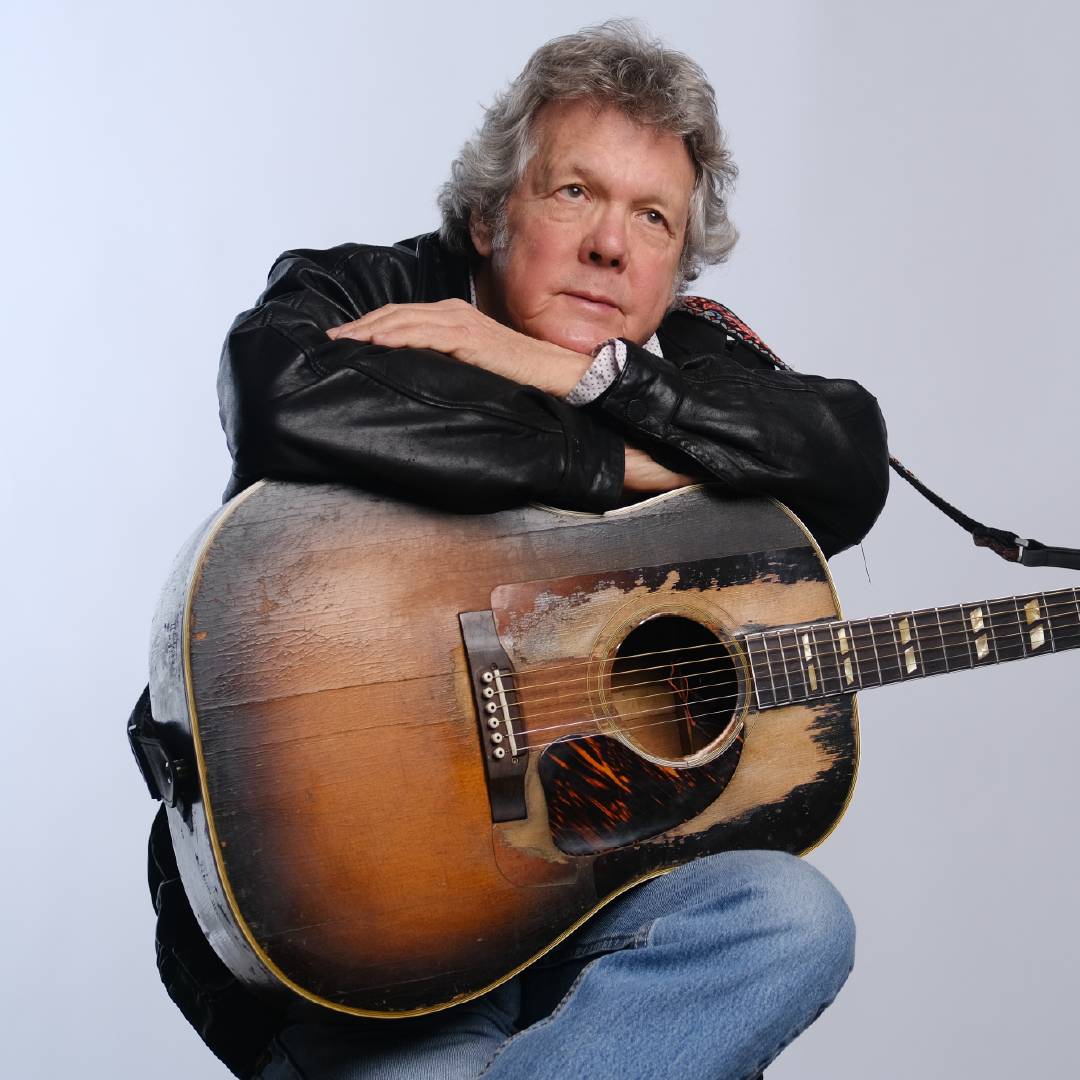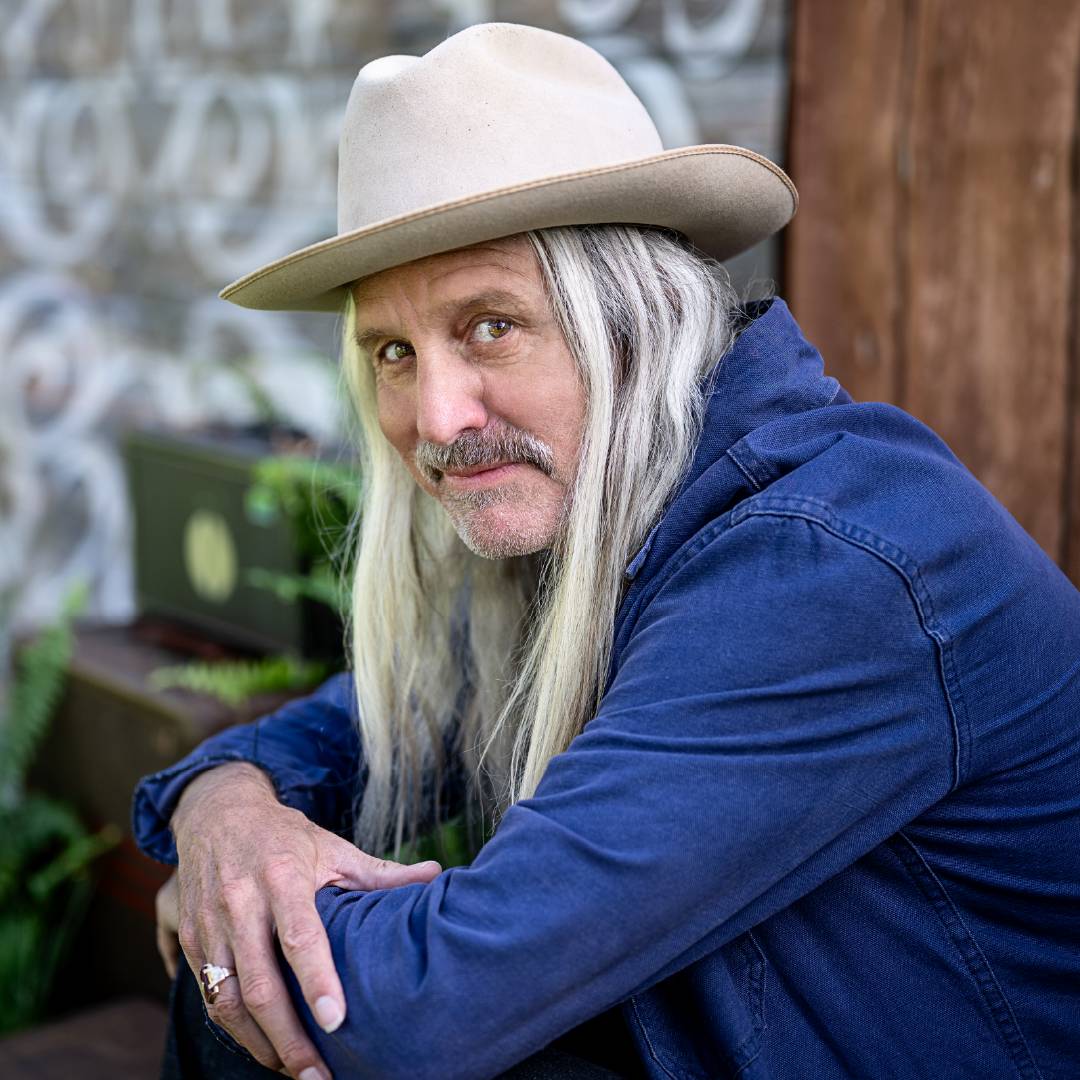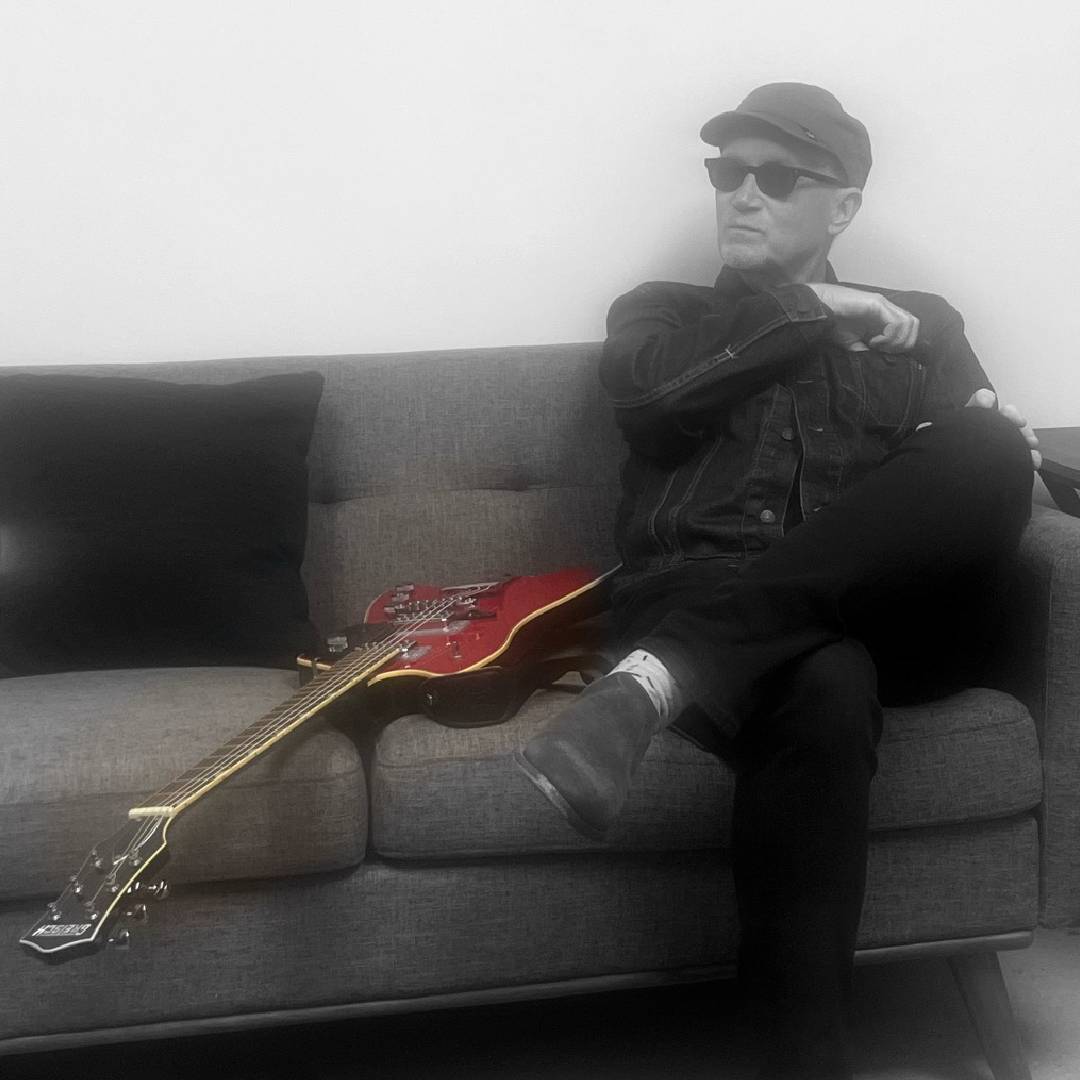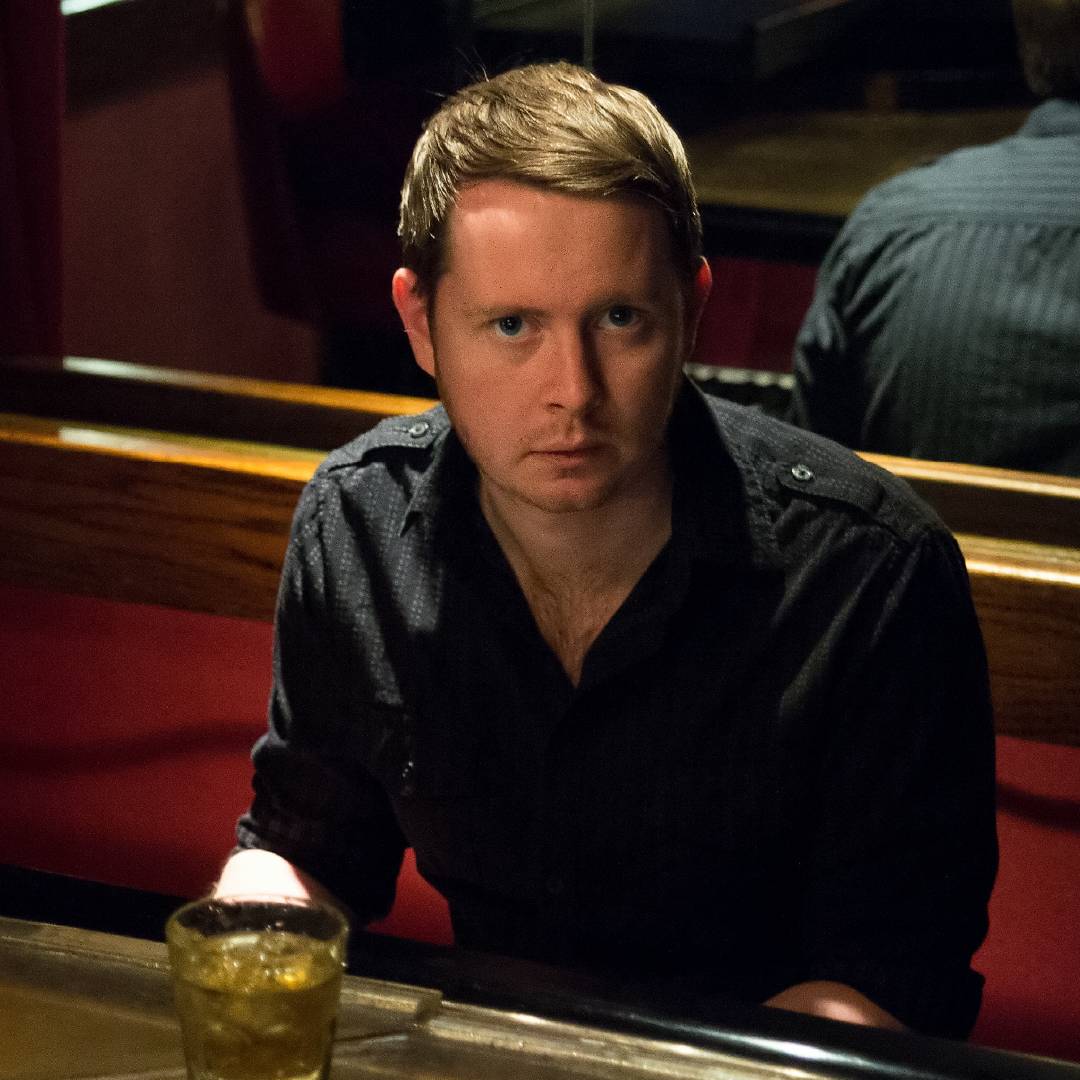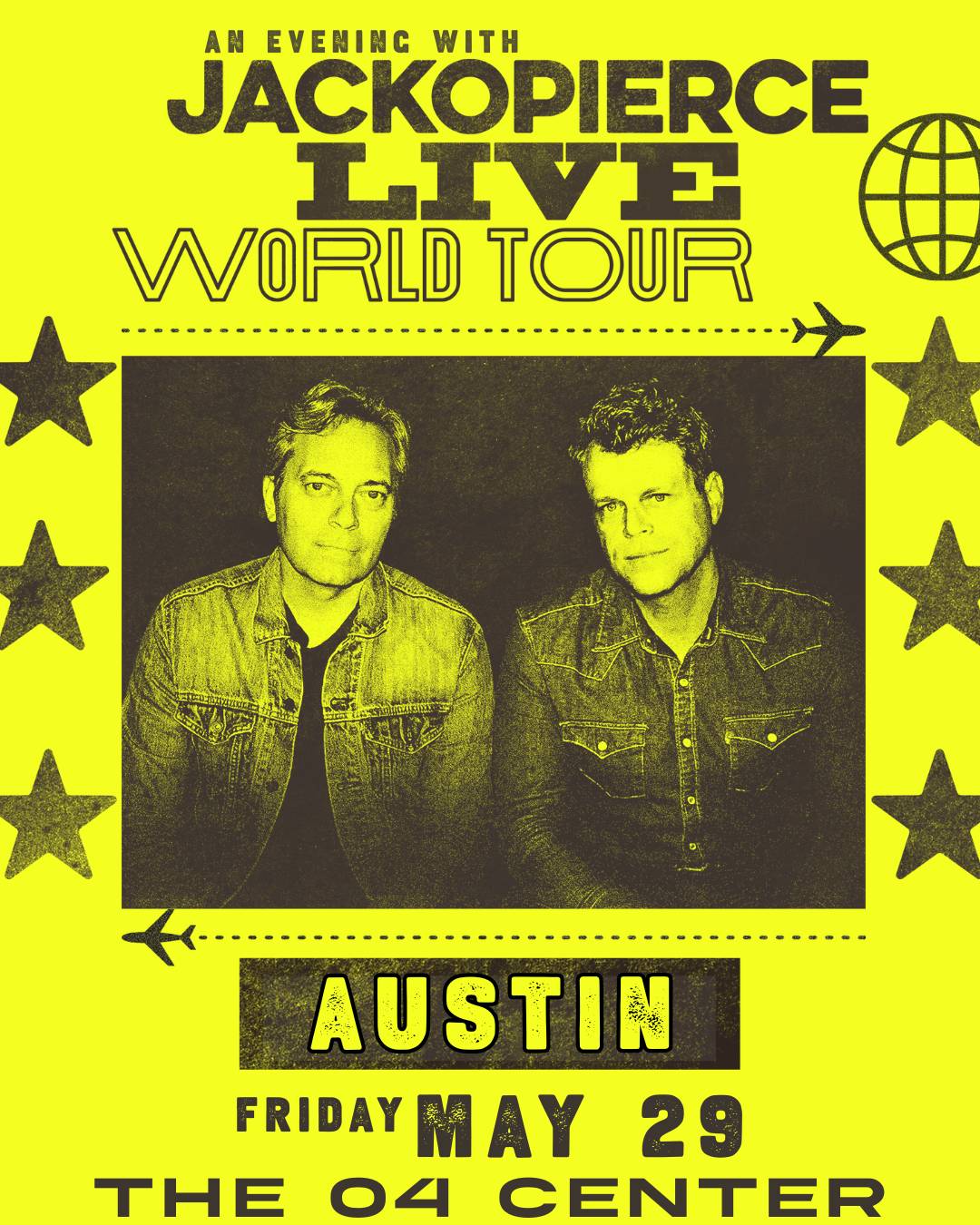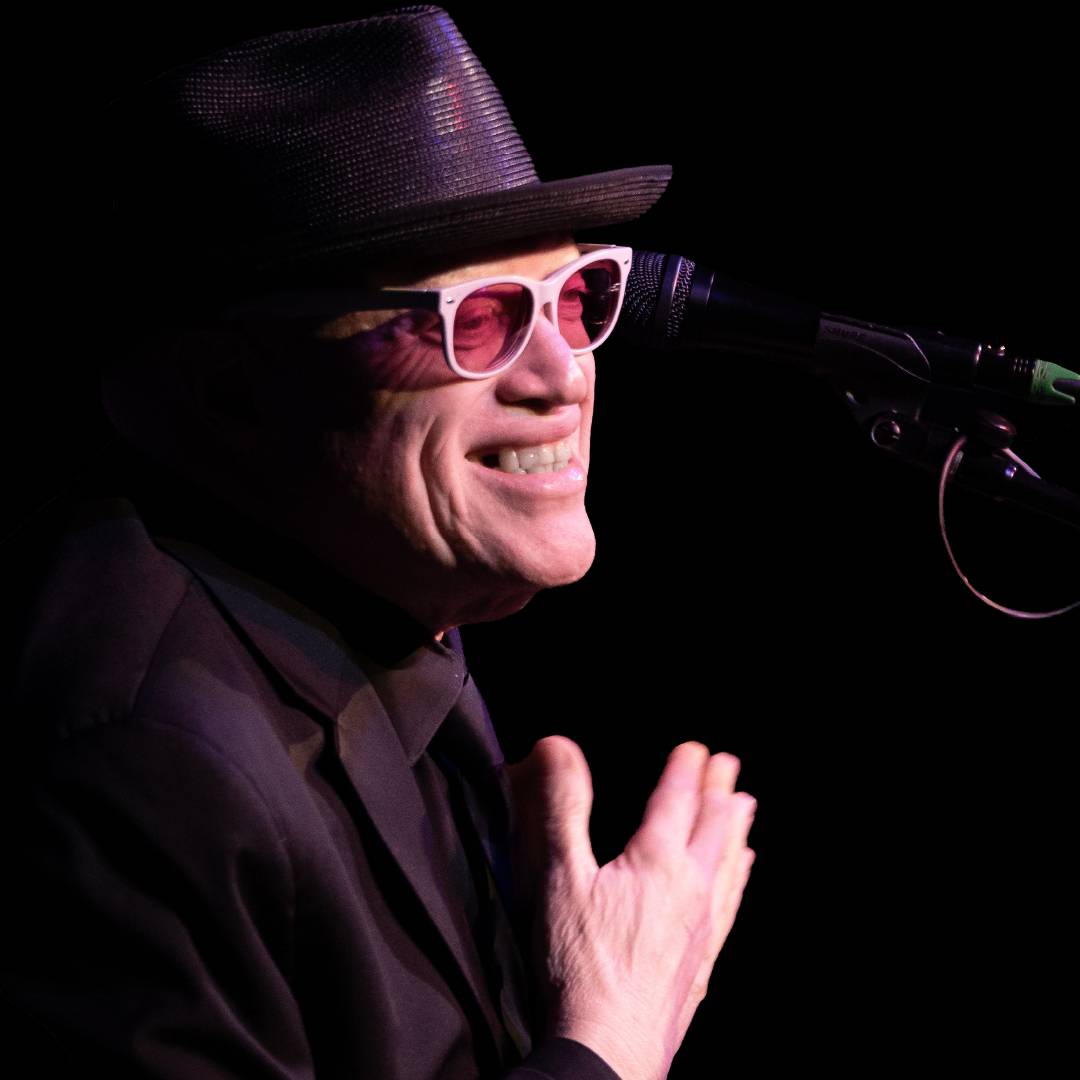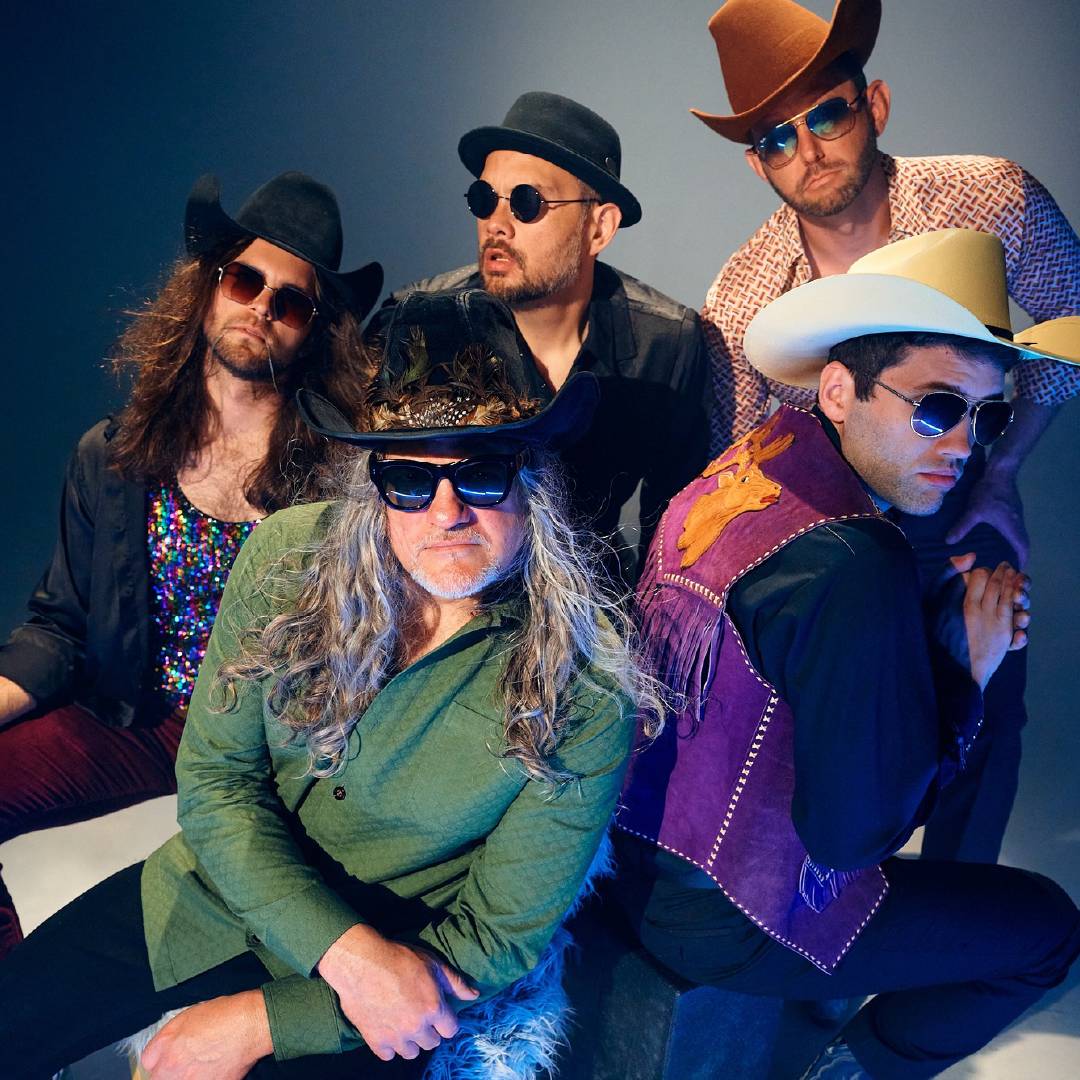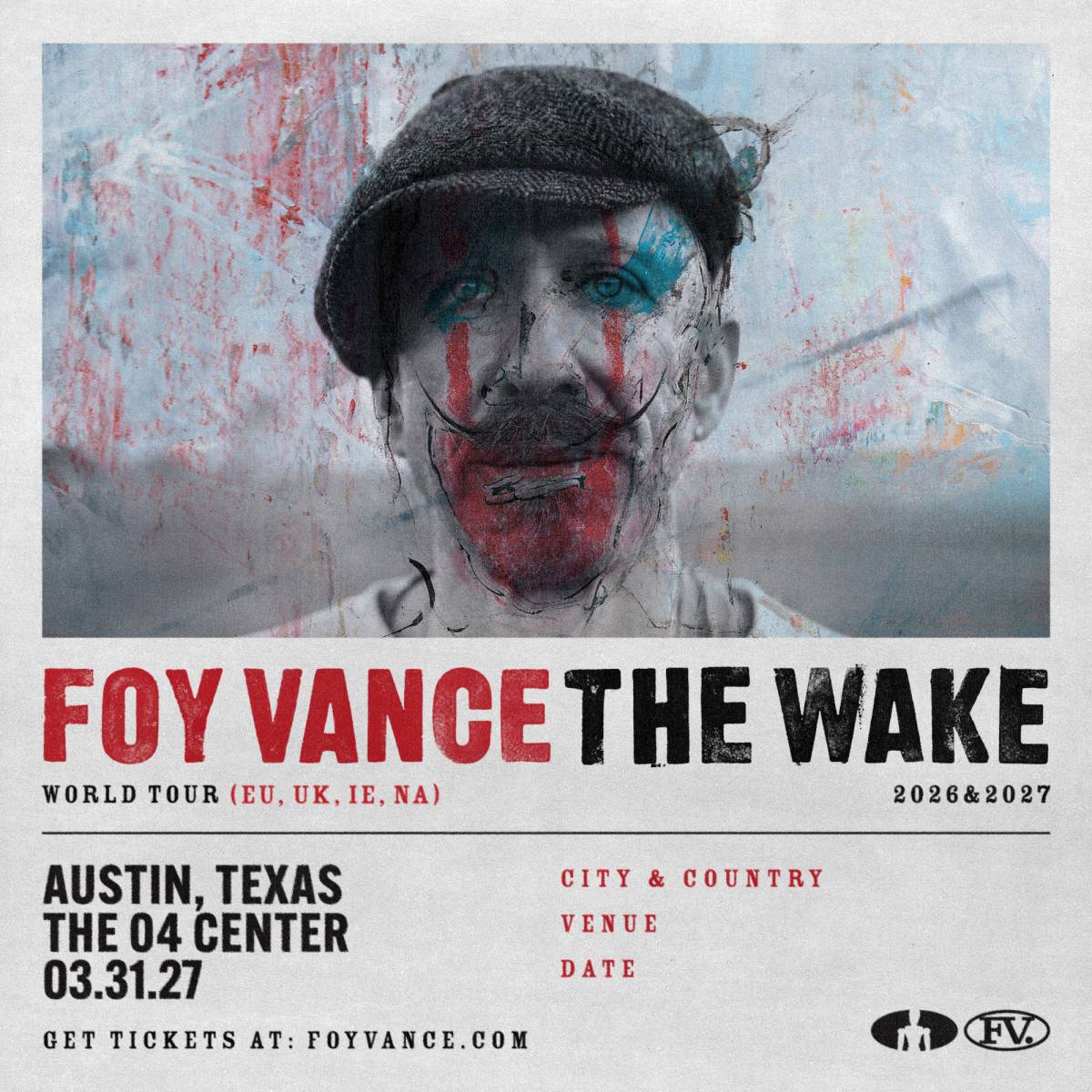There are no upcoming events in this category
Sunday
February 22
Doors 7:00pm, Start 8:00pm
The 04 Center
-
Austin, TX
Thursday
February 26
Doors 7:00pm, Start 8:00pm
The 04 Center
-
Austin, TX
Friday
February 27
Doors 7:00pm, Start 8:00pm
The 04 Center
-
Austin, TX
Saturday
February 28
Doors 7:00pm, Start 8:00pm
The 04 Center
-
Austin, TX
Wednesday
March 4
Doors 7:00pm, Start 8:00pm
The 04 Center
-
Austin, TX
Thursday
March 5
Doors 7:00pm, Start 8:00pm
The 04 Center
-
Austin, TX
Saturday
March 7
Doors 7:00pm, Start 8:00pm
The 04 Center
-
Austin, TX
Friday
March 20
Doors 7:00pm, Start 8:00pm
The 04 Center
-
Austin, TX
Saturday
March 21
Doors 7:00pm, Start 8:00pm
The 04 Center
-
Austin, TX
Sunday
March 22
Doors 7:00pm, Start 8:00pm
The 04 Center
-
Austin, TX
Wednesday
March 25
Doors 7:00pm, Start 8:00pm
The 04 Center
-
Austin, TX
Saturday
March 28
Doors 7:00pm, Start 8:00pm
The 04 Center
-
Austin, TX
Tuesday
March 31
Doors 7:00pm, Start 8:00pm
The 04 Center
-
Austin, TX
Sold Out
Thursday
April 2
Doors 7:00pm, Start 8:00pm
The 04 Center
-
Austin, TX
Thursday
April 9
Doors 7:00pm, Start 8:00pm
The 04 Center
-
Austin, TX
Friday
April 10
Doors 7:00pm, Start 8:00pm
The 04 Center
-
Austin, TX
Friday
April 24
Doors 7:00pm, Start 8:00pm
The 04 Center
-
Austin, TX
Thursday
May 7
Doors 7:00pm, Start 8:00pm
The 04 Center
-
Austin, TX
Saturday
May 23
Doors 7:00pm, Start 8:00pm
The 04 Center
-
Austin, TX
Thursday
May 28
Doors 7:00pm, Start 8:00pm
The 04 Center
-
Austin, TX
Saturday
June 6
Doors 7:00pm, Start 8:00pm
The 04 Center
-
Austin, TX
Saturday
August 22
Doors 7:00pm, Start 8:00pm
The 04 Center
-
Austin, TX
Wednesday
March 31
Doors 6:00pm, Start 7:00pm
The 04 Center
-
Austin, TX


